The European Hospital and Healthcare Employers’ Association, hereinafter referred to as HOSPEEM complies with the privacy legislation and the General Data Protection Regulation (GDPR).
Data Controller and Owner:
HOSPEEM
Rue des Deux Eglises, 26 boîte 5
BE-1000 Bruxelles, Belgique
Phone: +32 2 229 21 57/58
Owner contact email: hospeem[at]hospeem.eu
How does HOSPEEM collect personal data?
HOSPEEM only collects personal data that you (the User) provide us yourself or that third parties give us in the context of a service requested by them (for example a registration form, an application etc.).
What personal data does HOSPEEM collect and process?
HOSPEEM only collects the personal data needed to carry out a service requested by the User. The personal data is freely provided by the User. HOSPEEM does not provide a list of personal data types collected.
When and why does HOSPEEM process personal data?
HOSPEEM processes these data in certain situations:
- if you have explicitly given your permission for this;
- if it is necessary to process the data in order to provide a service you have requested (for example, your email address to send a publication or documents for a meeting, or your bank account number to reimburse travel expenses);
- if we are legally obliged to process the data (for example in the frame of European Commission projects);
- if it is necessary for a legitimate purpose or in the public interest or (for example processing registration data in the Official Journal). HOSPEEM may be required to reveal personal data upon request of public authorities.
How does HOSPEEM treat personal data?
Sensitive personal data (bank account details, ID or passports numbers) are always treated as confidential and never made public.
Your data are only used for the service you have requested – for example, if you subscribe for the newsletter, we will only use your details to send you this newsletter. Every newsletter also gives you the opportunity to unsubscribe.
HOSPEEM complies with the GDPR when collecting, holding and sharing photographic images.
We do not pass on your contact details to third parties for commercial purposes.
How long does HOSPEEM keep personal data?
If you provide HOSPEEM with your personal data to register for an event or an activity, we will only keep your data for the time needed to organise the event or activity (meetings organisation and follow-up, European Commission projects etc.)
Where does HOSPEEM keep personal data?
The data is processed at the HOSPEEM operating office and in any other places where the parties involved with the processing are located. For further information, please contact the data controller.
Does HOSPEEM keep my personal data safe?
HOSPEEM processes the data of users in a proper manner, your data are processed safely, the data owner uses secure technologies and measures to protect your data from unauthorised access, destruction, use, disclosure, modification loss or publication. These technologies and measures are tested on a regular basis and updated when necessary.
In some cases, the data may be accessible to certain types of persons in charge, involved with the operation of the site (HOSPEEM Secretariat Staff, HOSPEEM Board) or external parties (such as third party technical service providers, hosting providers, IT companies) appointed, if necessary, as data processors by HOSPEEM. The updated list of these parties may be requested from the data controller at any time.
Changes to this privacy policy
HOSPEEM reserves the right to make changes to this privacy policy at any time by giving notice to its Users on this web page. It is strongly recommended to check this page often, referring to the date of the last modification listed at the bottom. Unless stated otherwise, the then-current privacy policy applies to all personal data the HOSPEEM has about the Users.
What can I do about my own personal data?
You can always request that HOSPEEM to suspend or remove your personal data. If you want to view or update any of your contact details, or delete any data, please send an email to hospeem[at]hospeem.eu
You have the right to be ‘forgotten’. To request this, please contact hospeem[at]hospeem.eu
Legislation: https://www.eugdpr.org/eugdpr.org.html

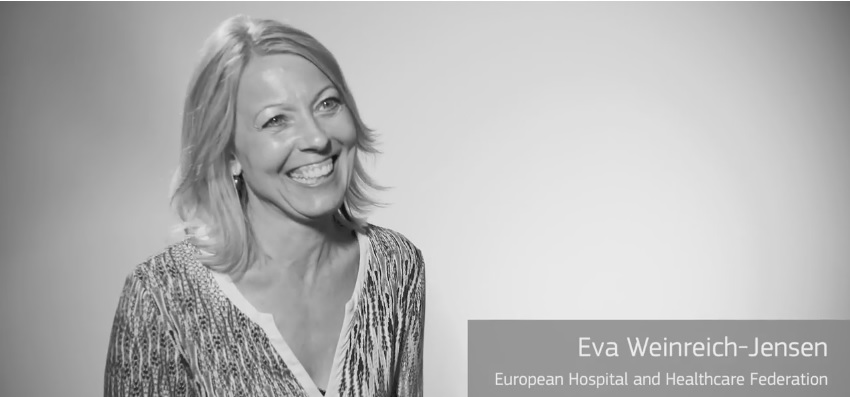
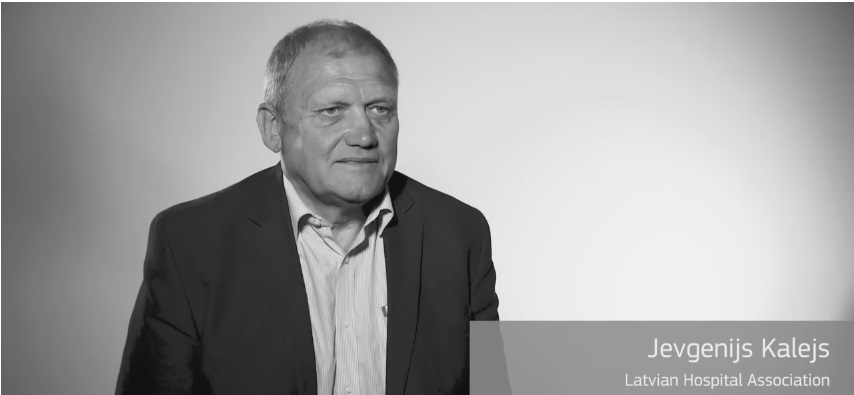
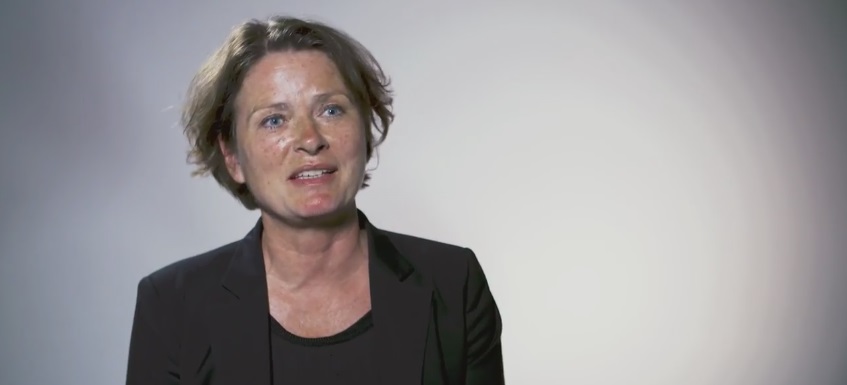
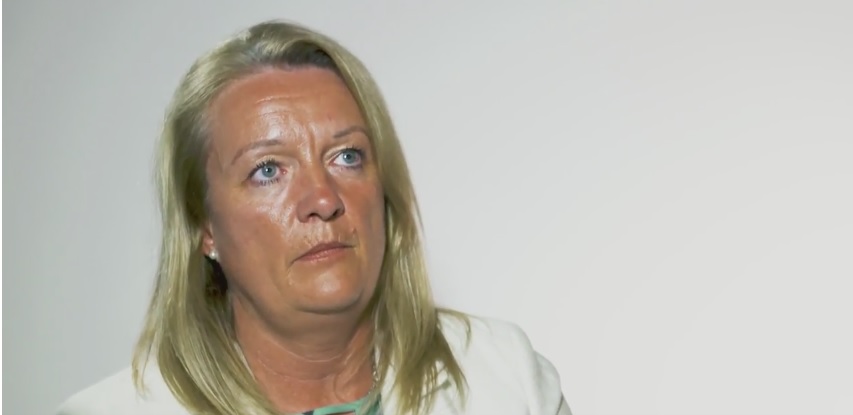
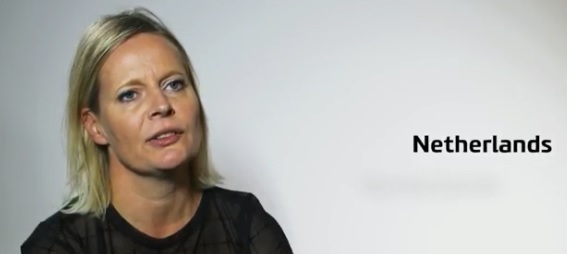
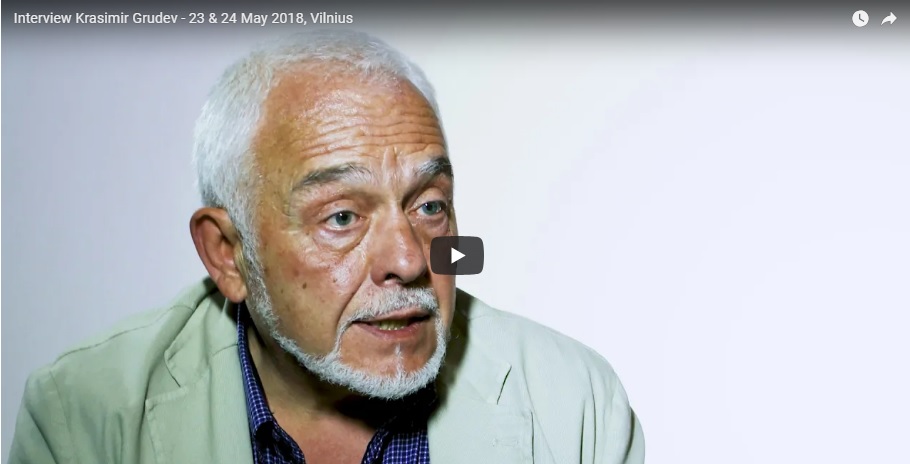

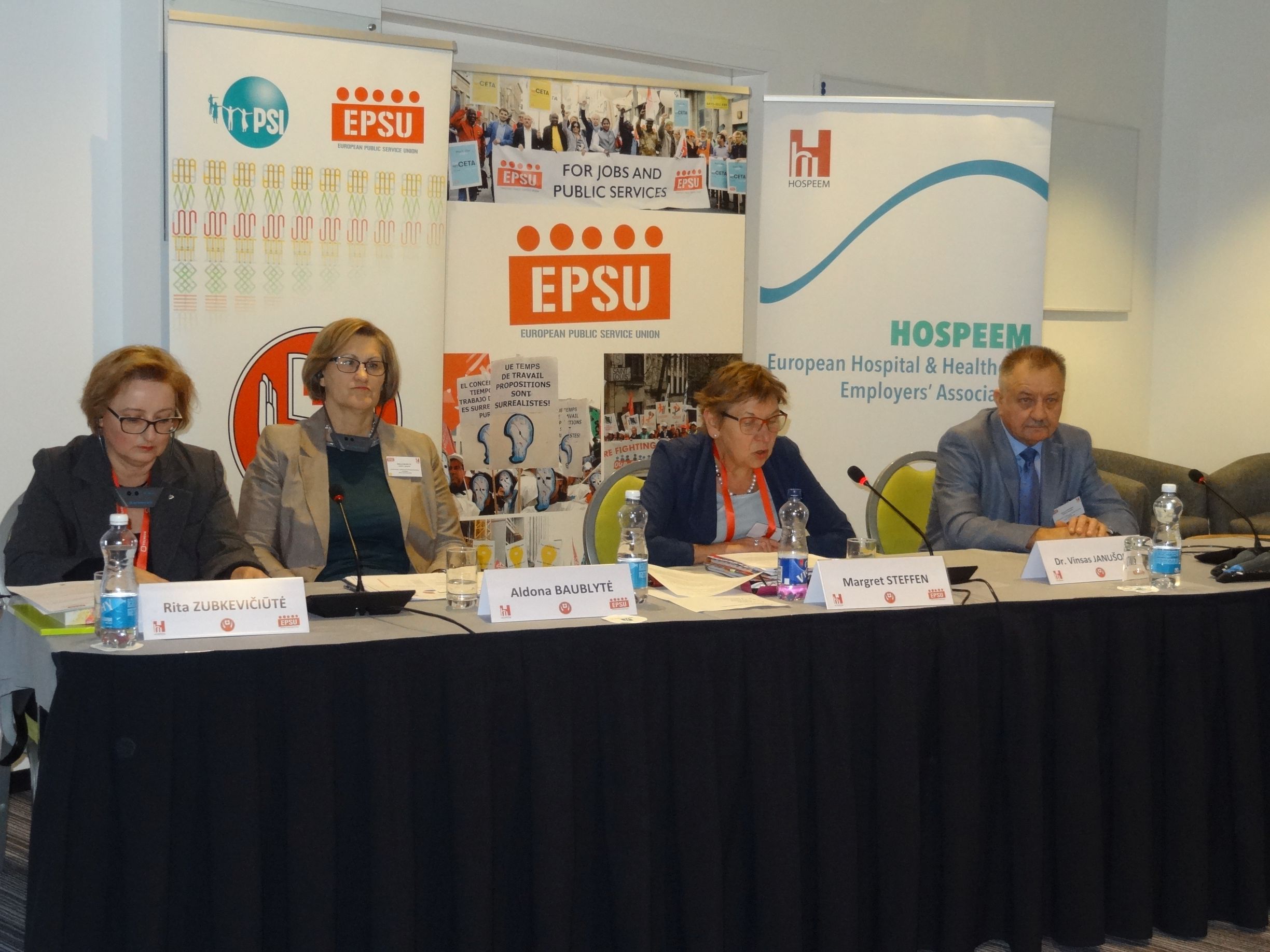
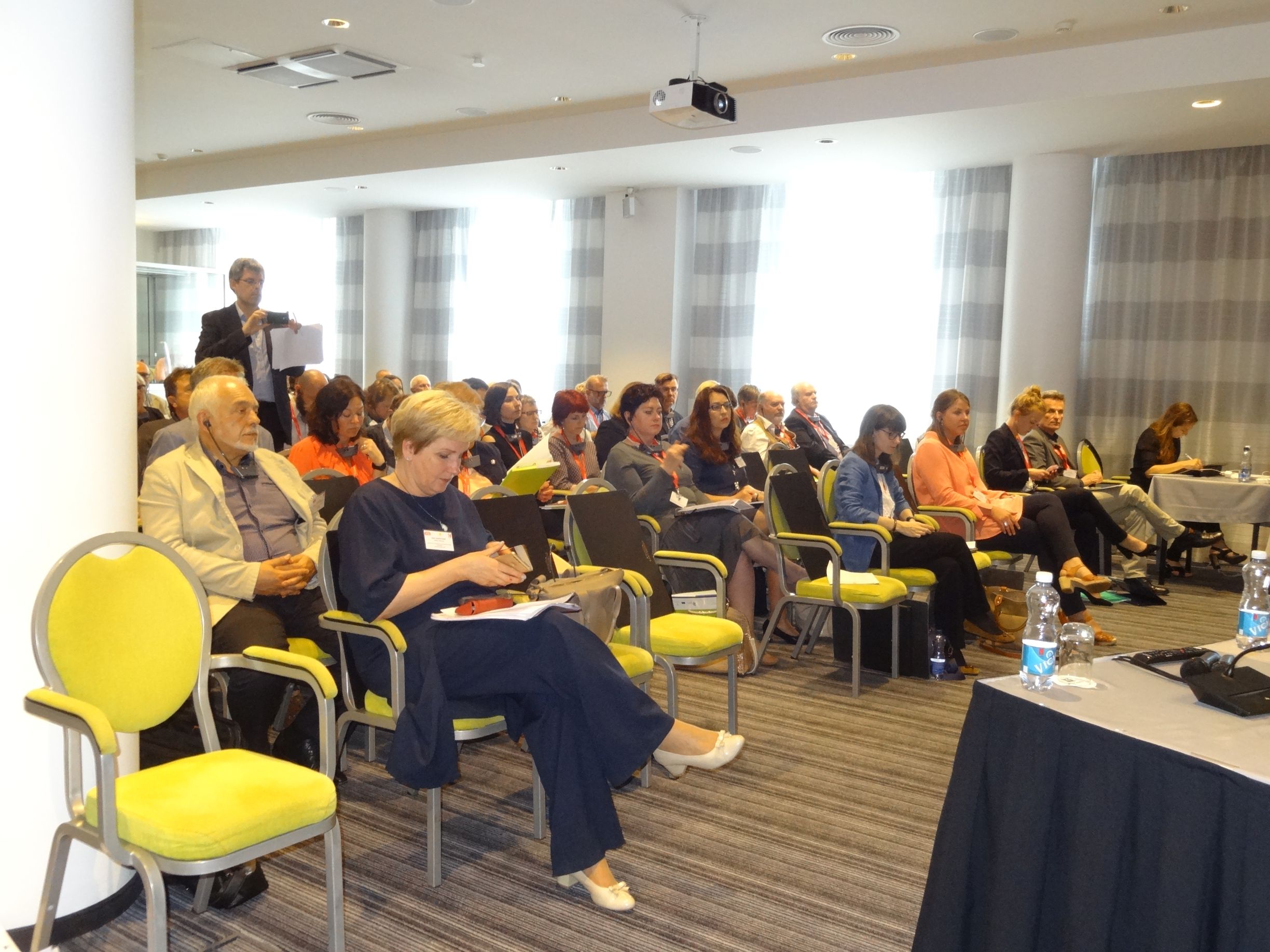
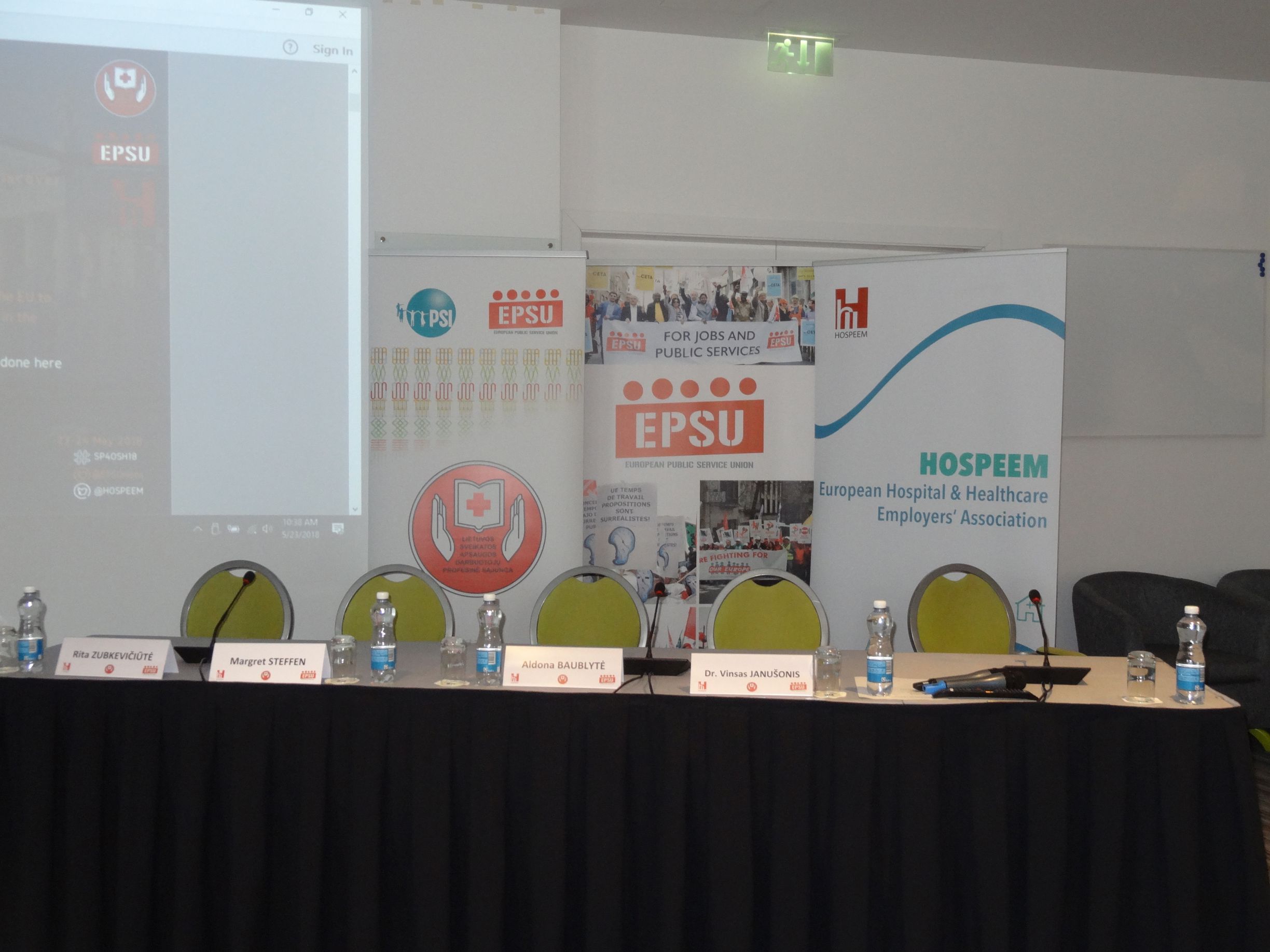
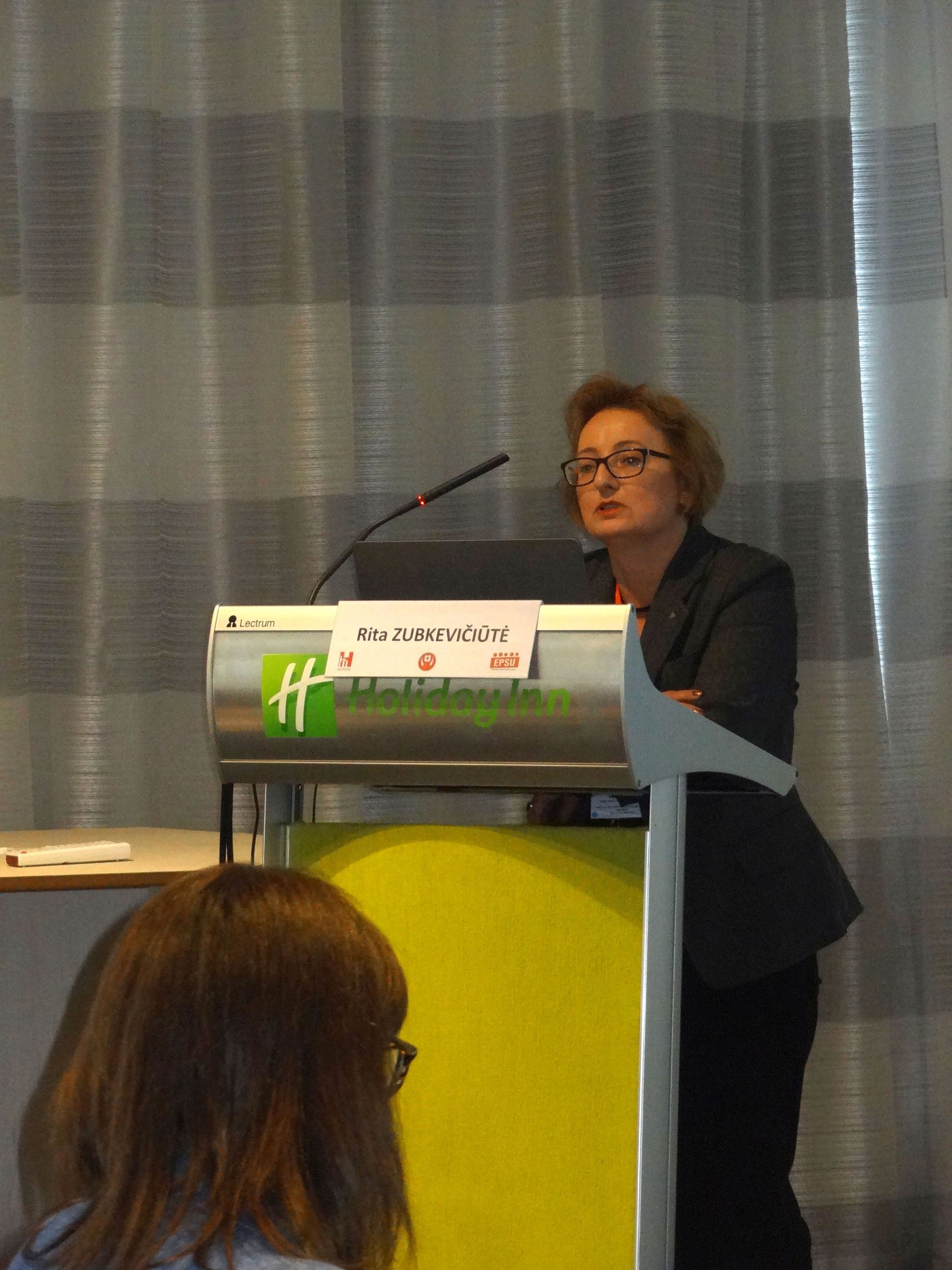
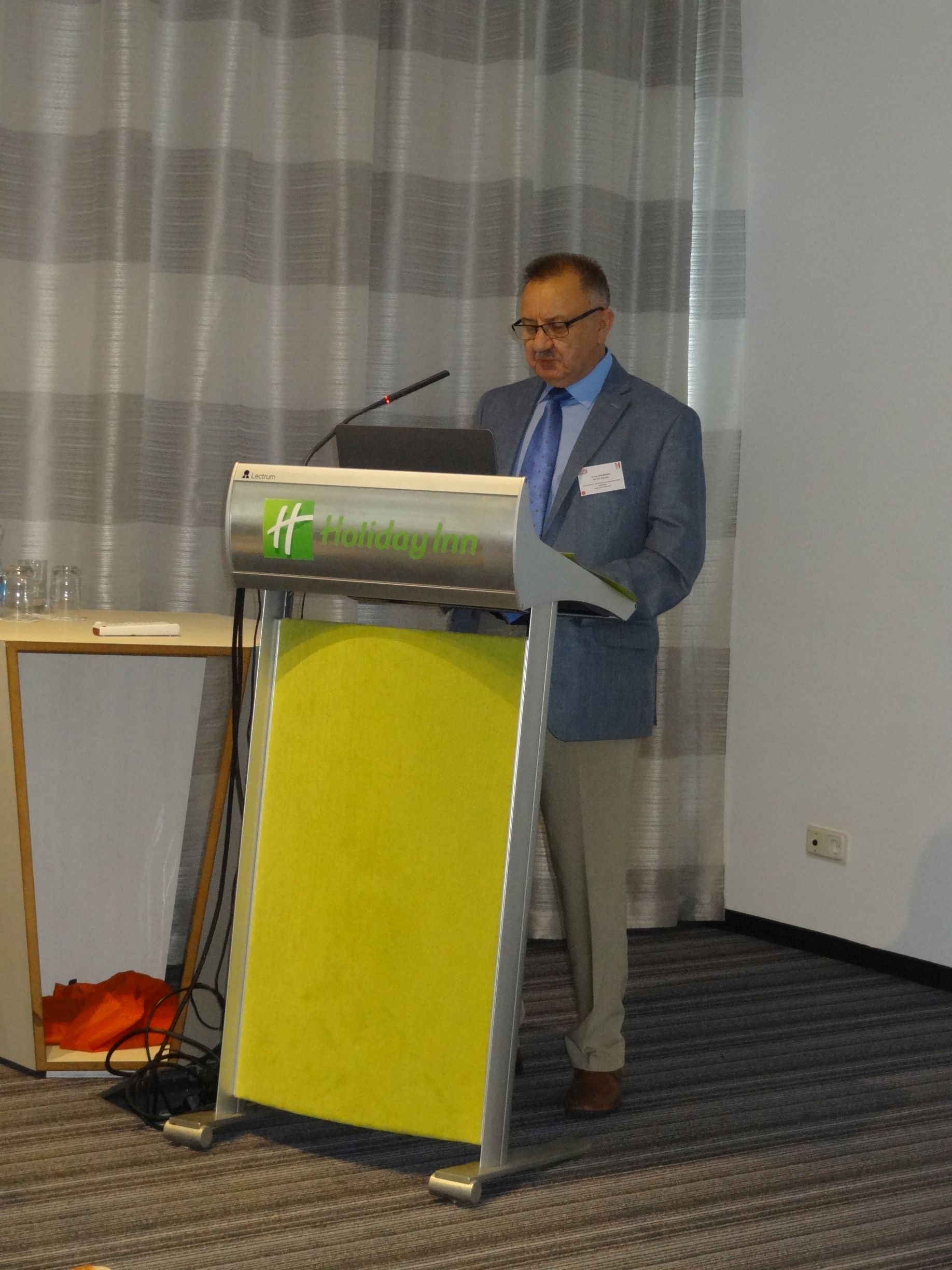
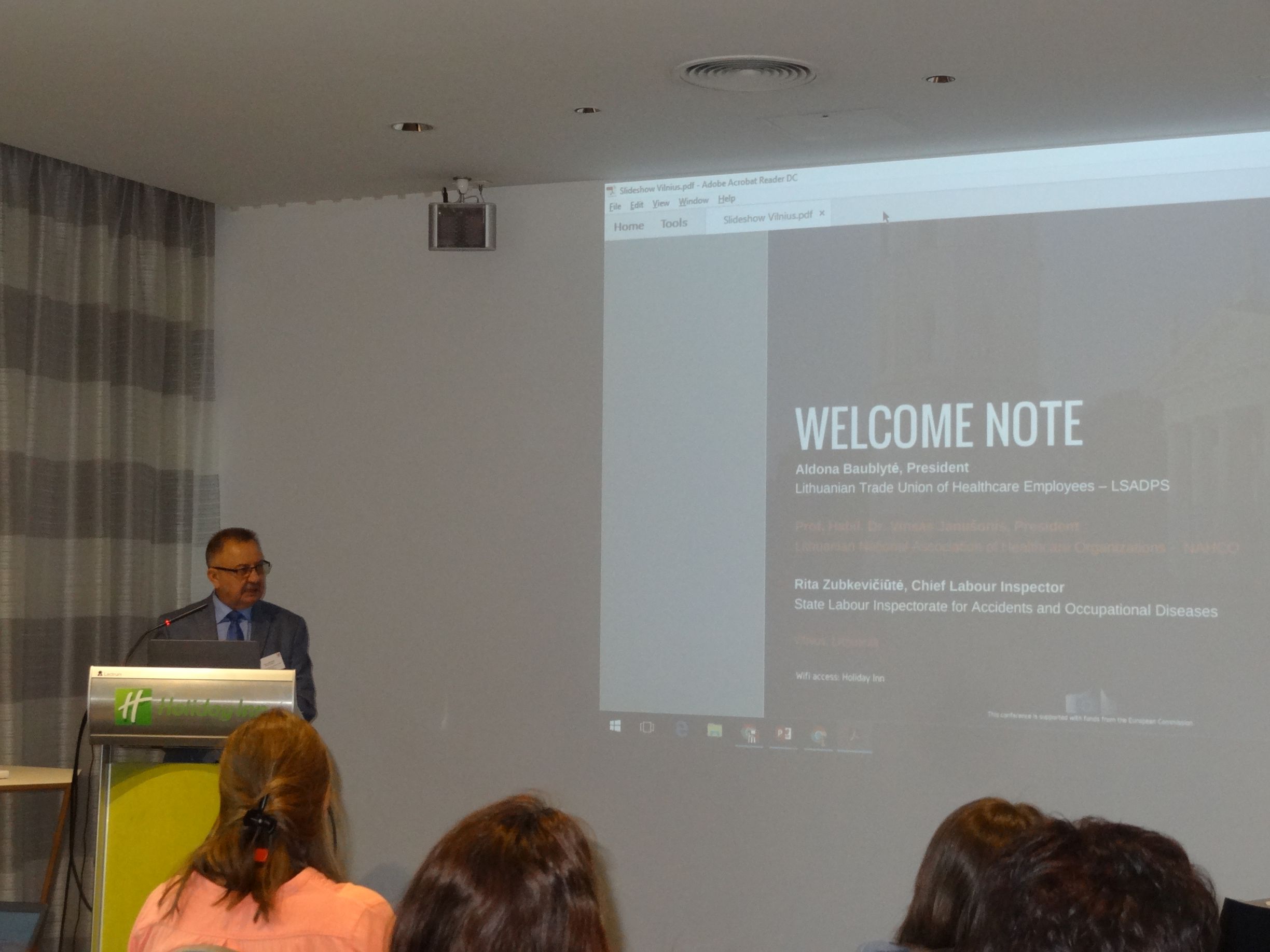
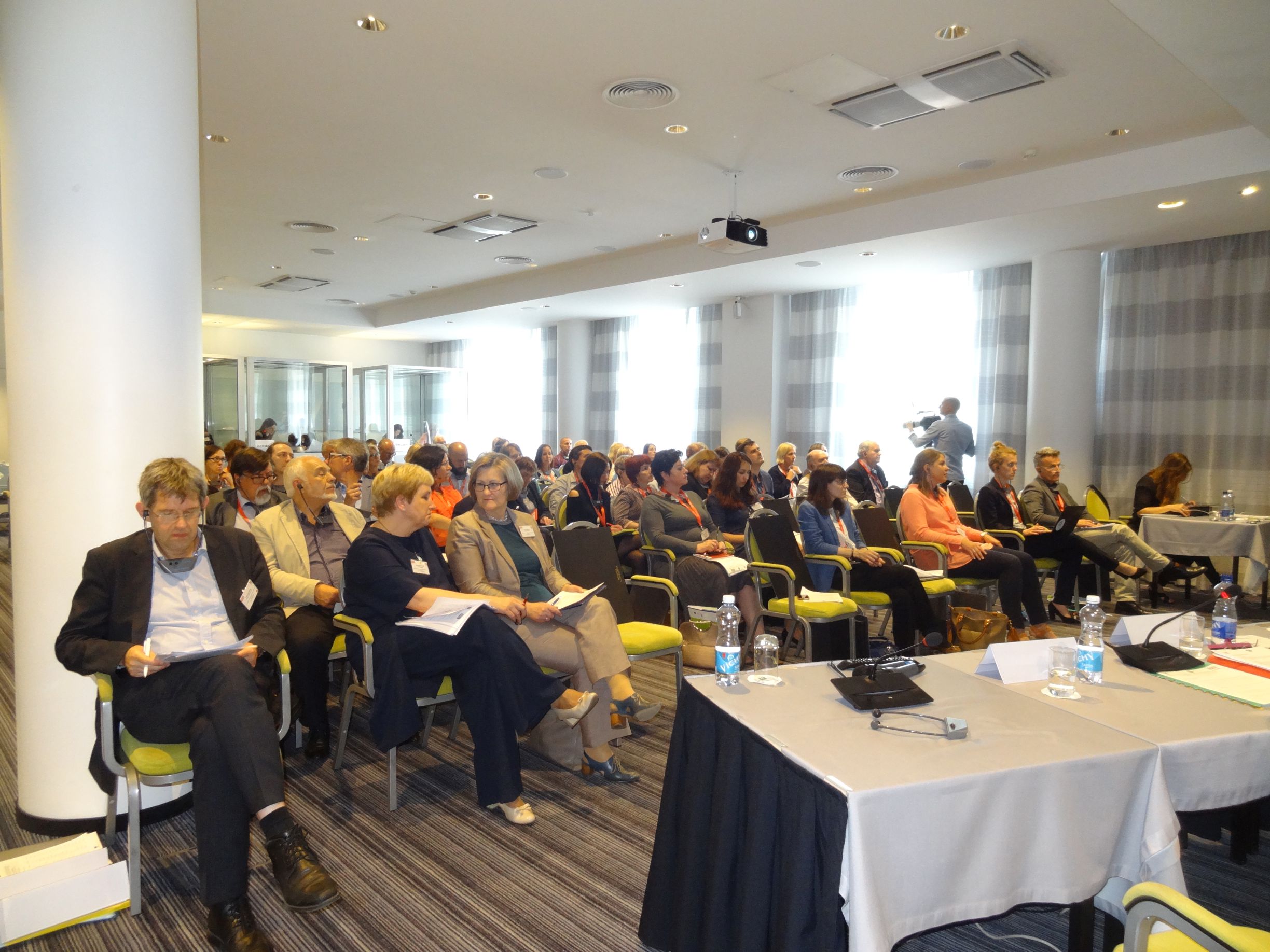
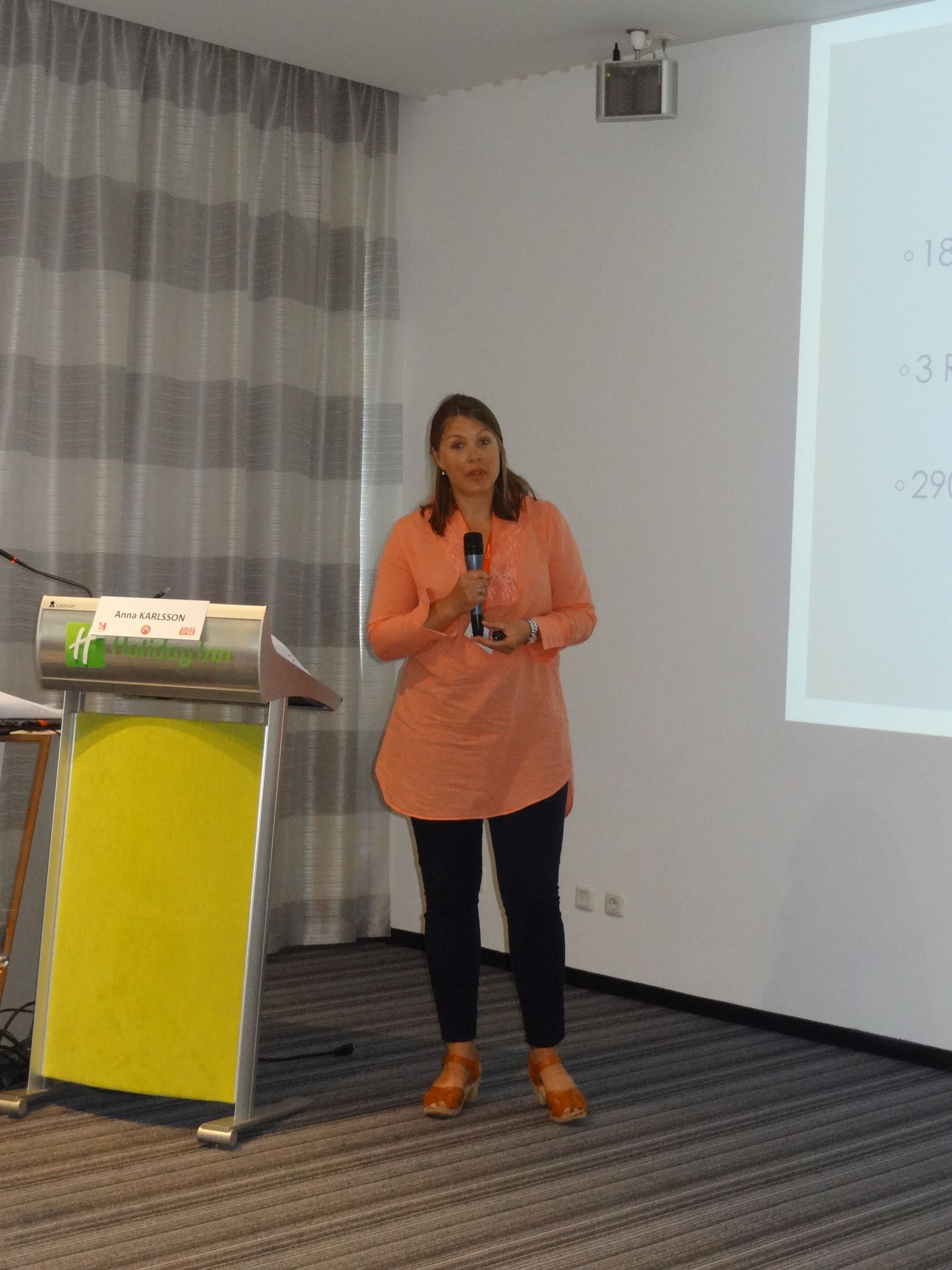

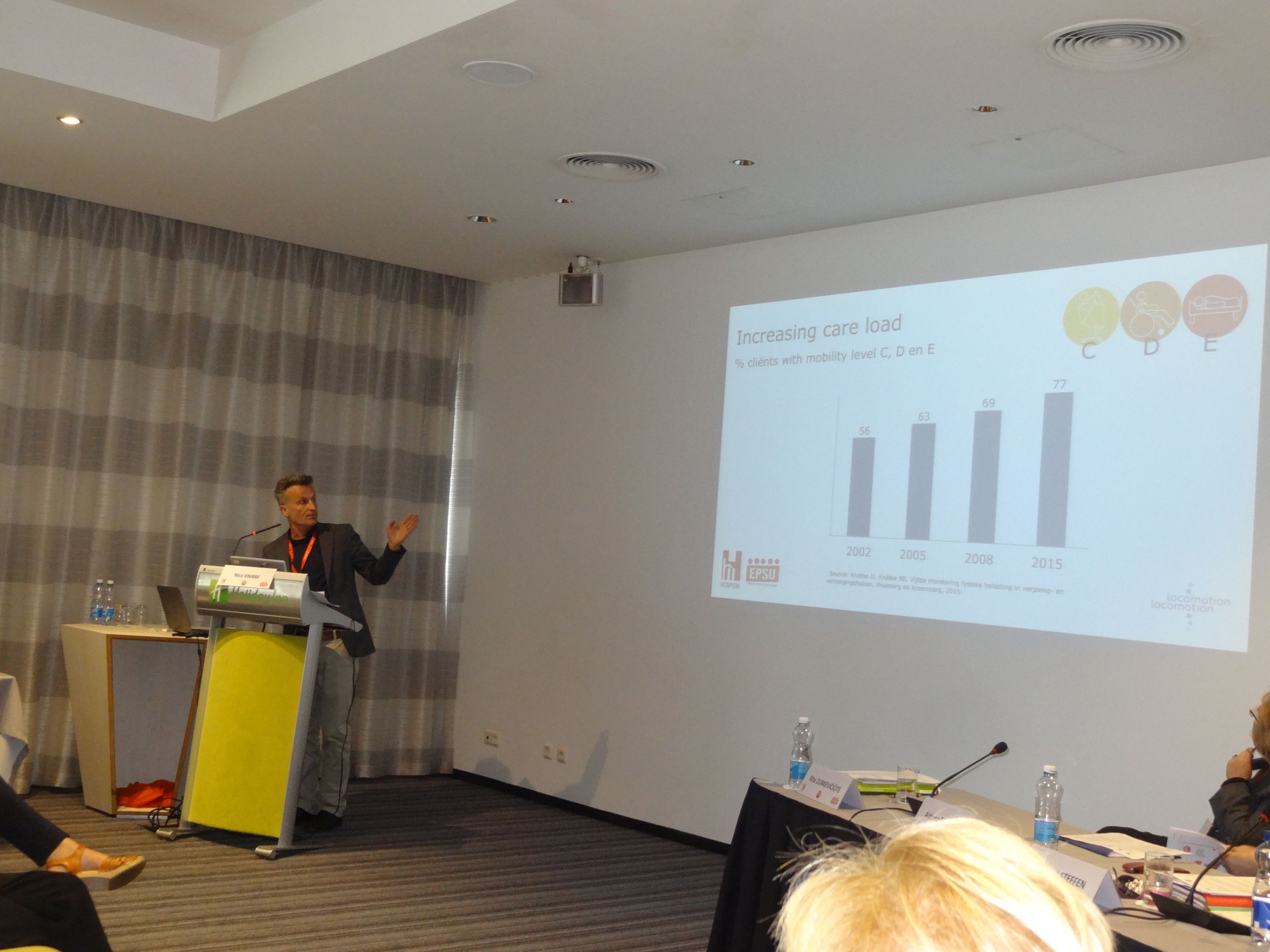
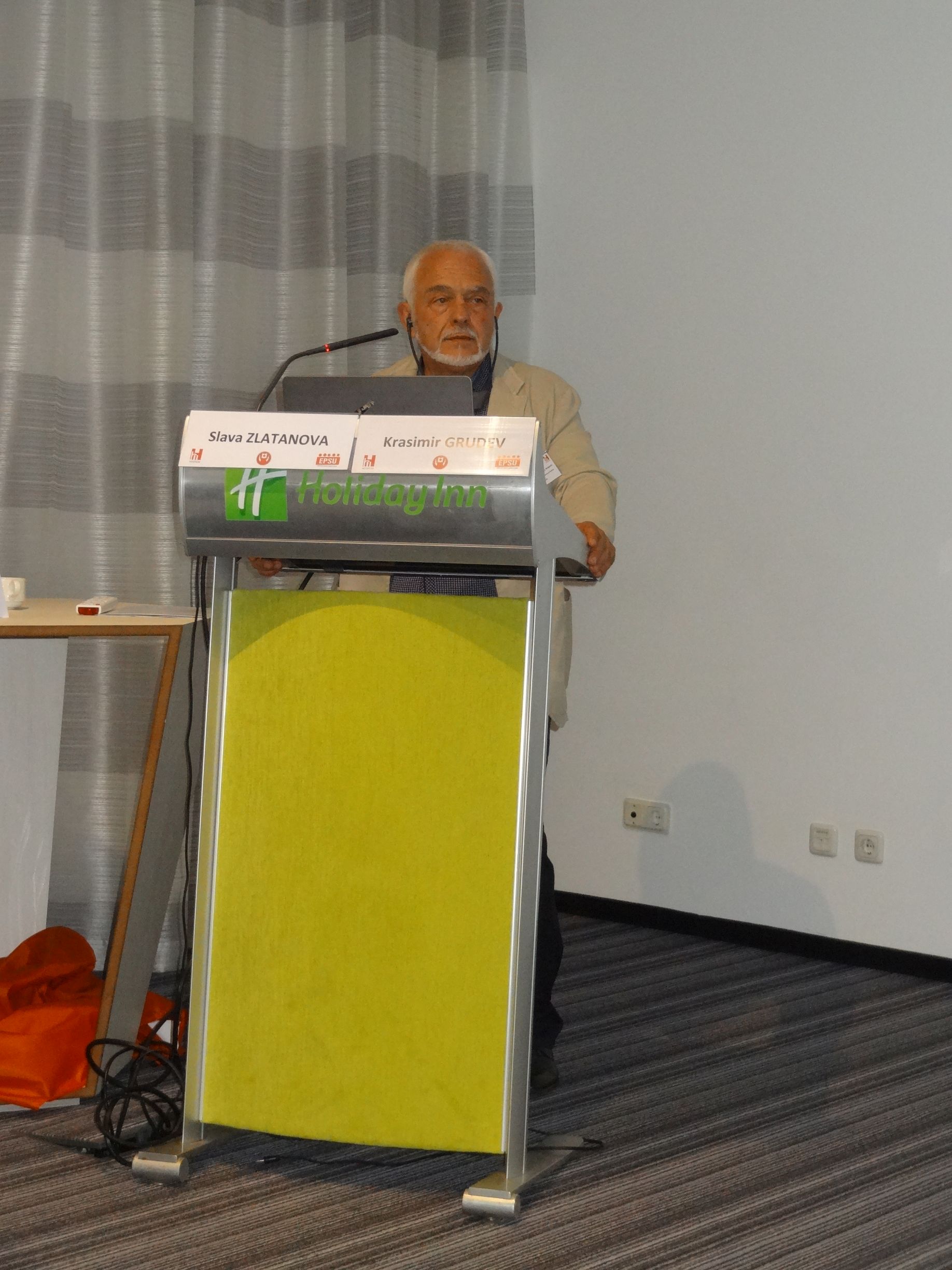
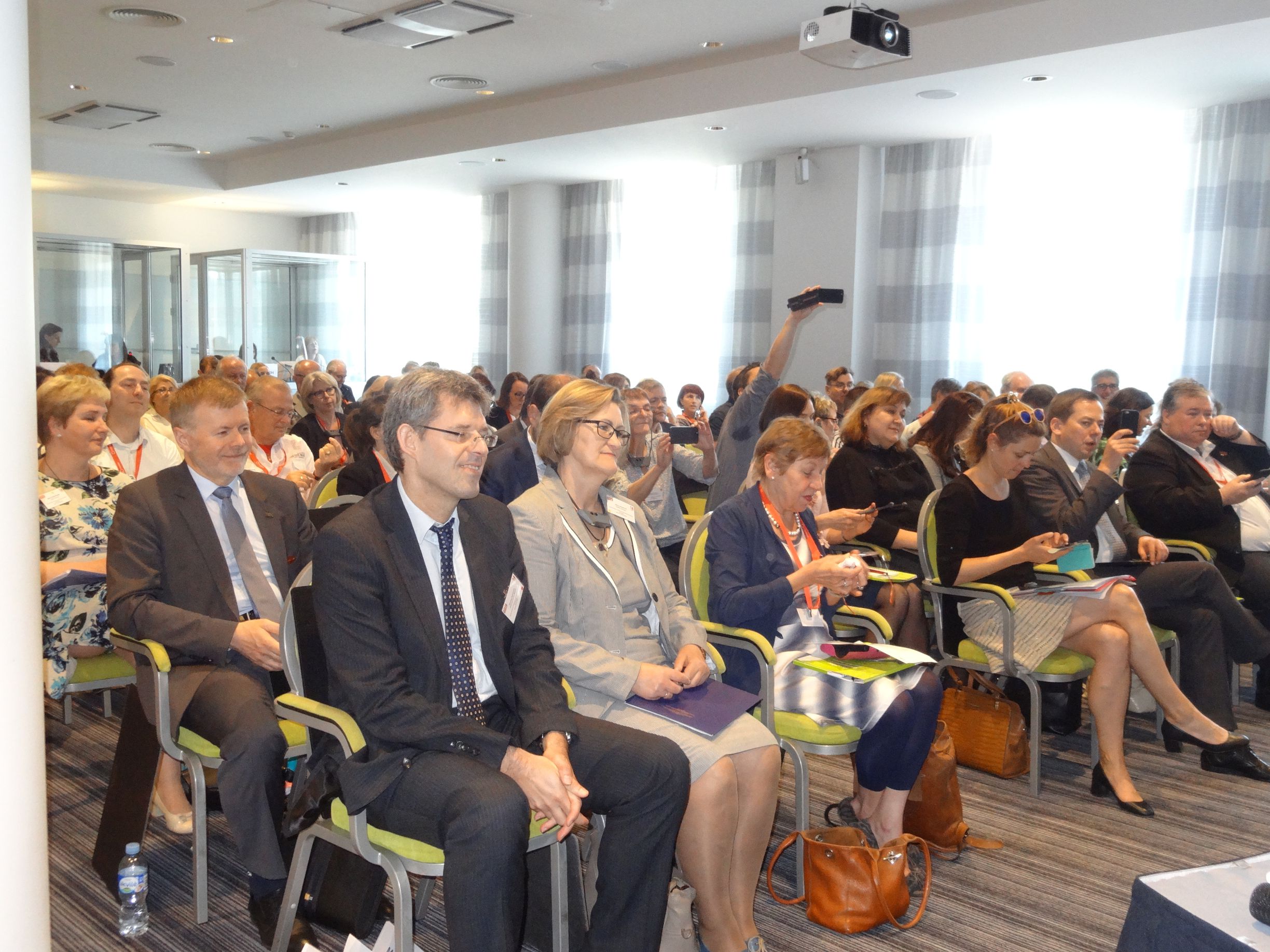

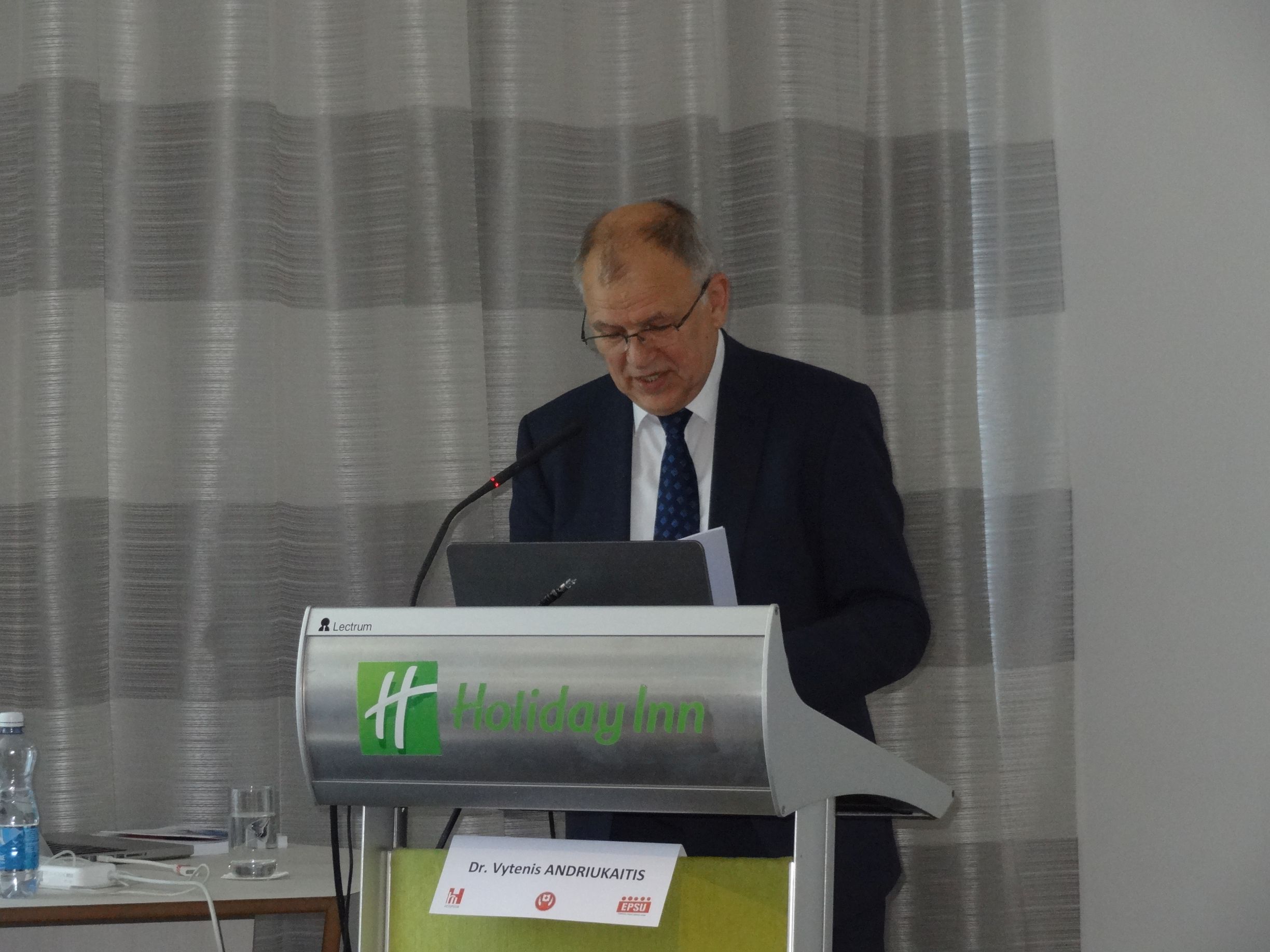
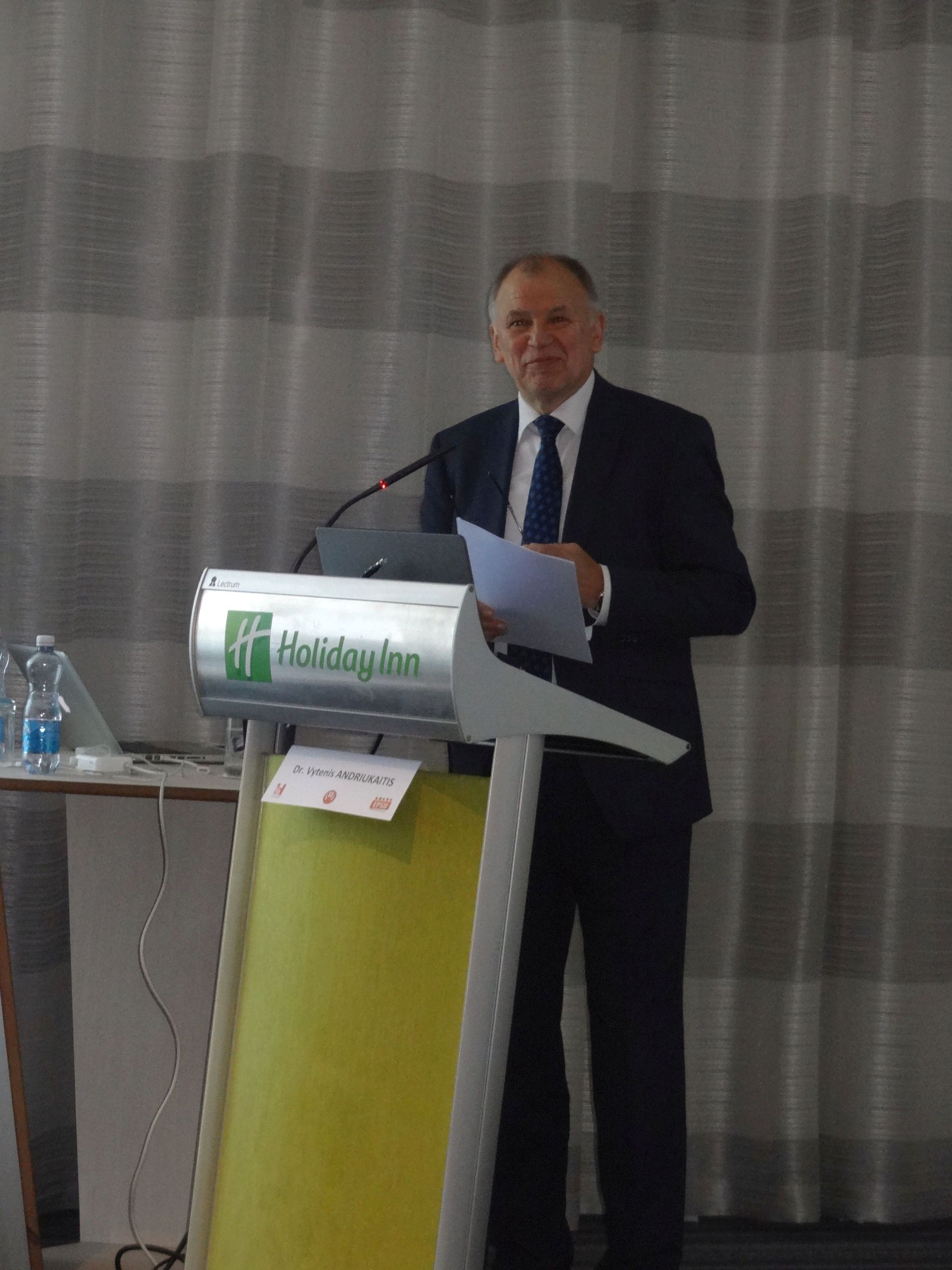
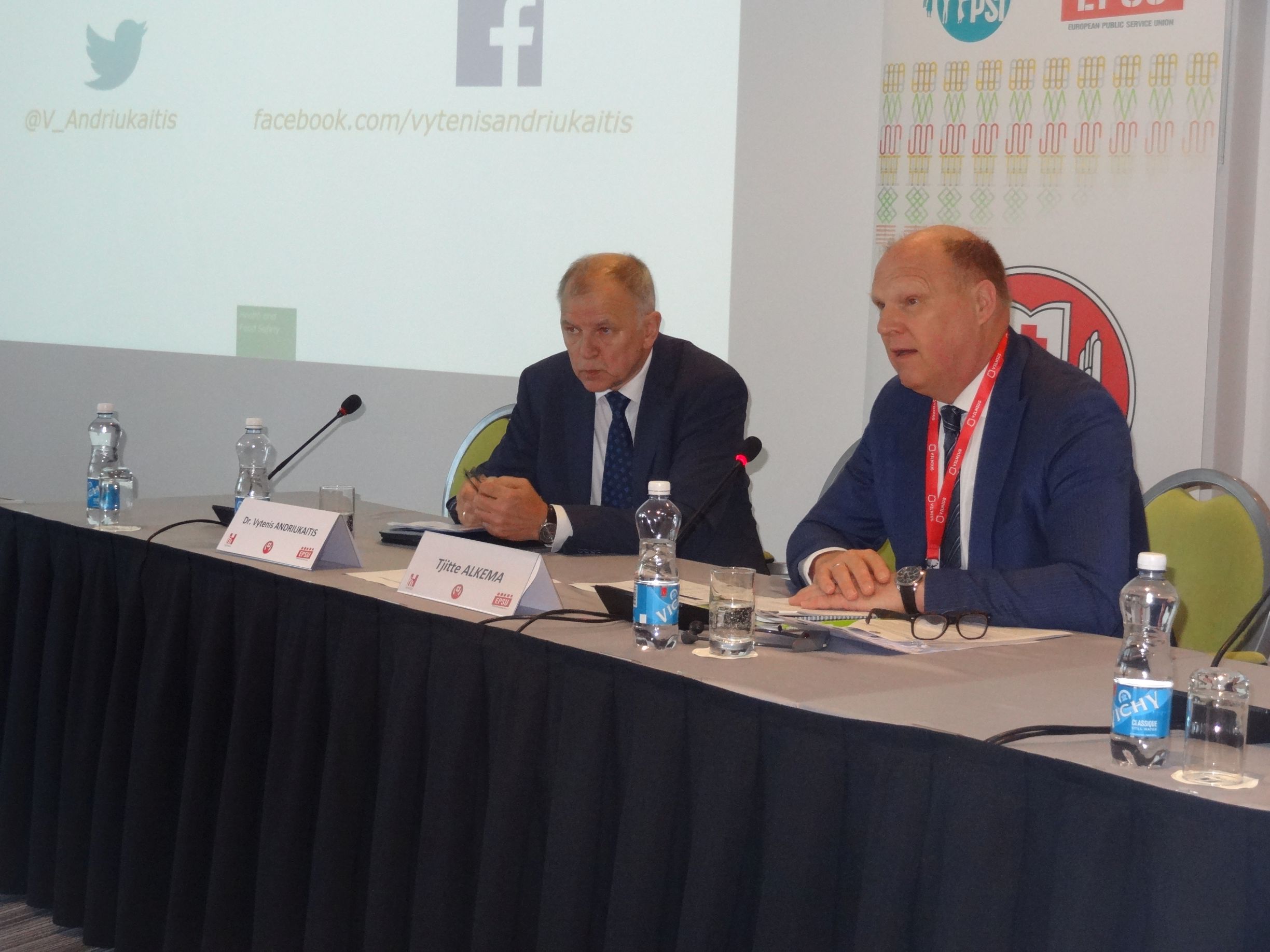
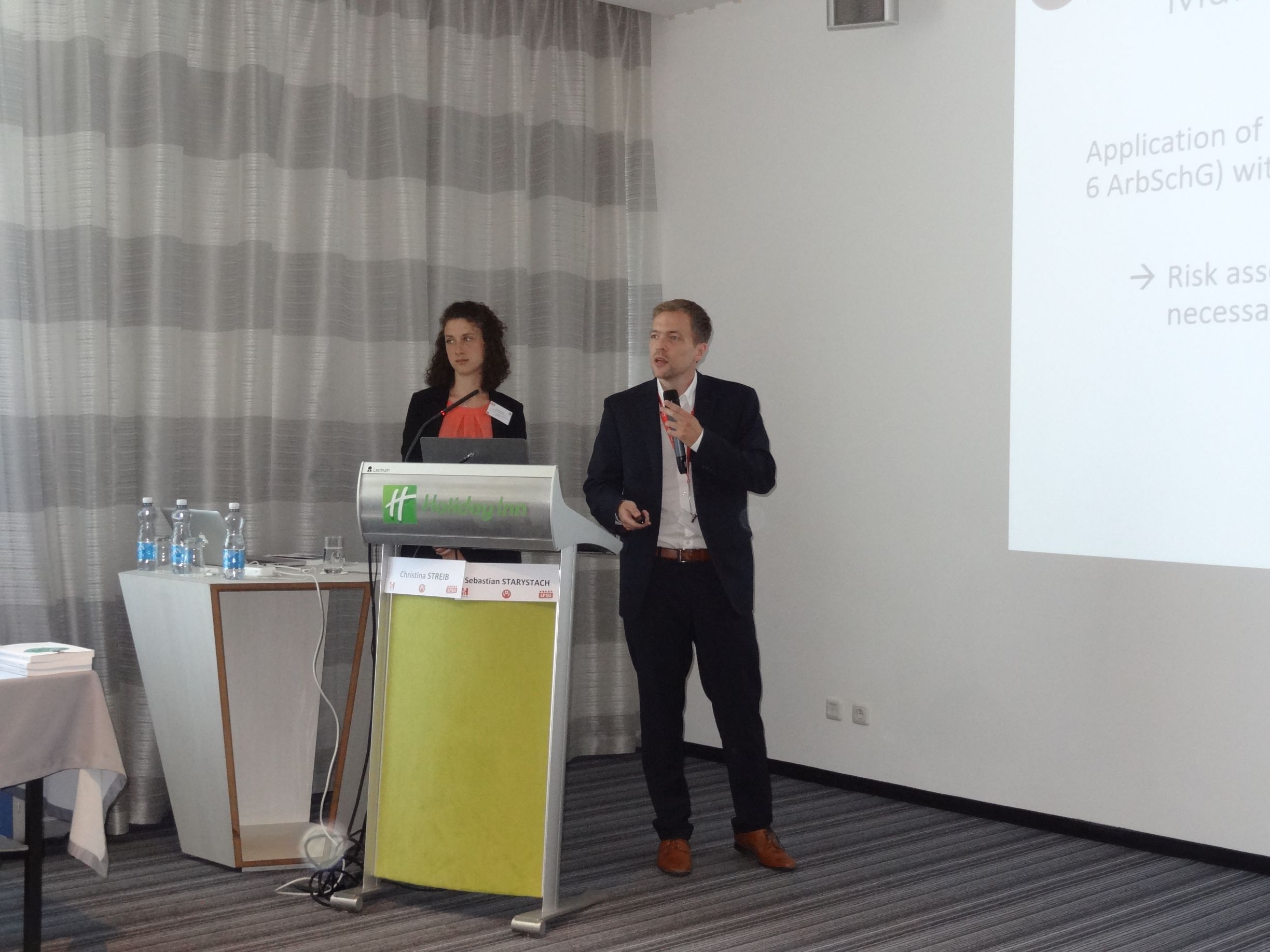
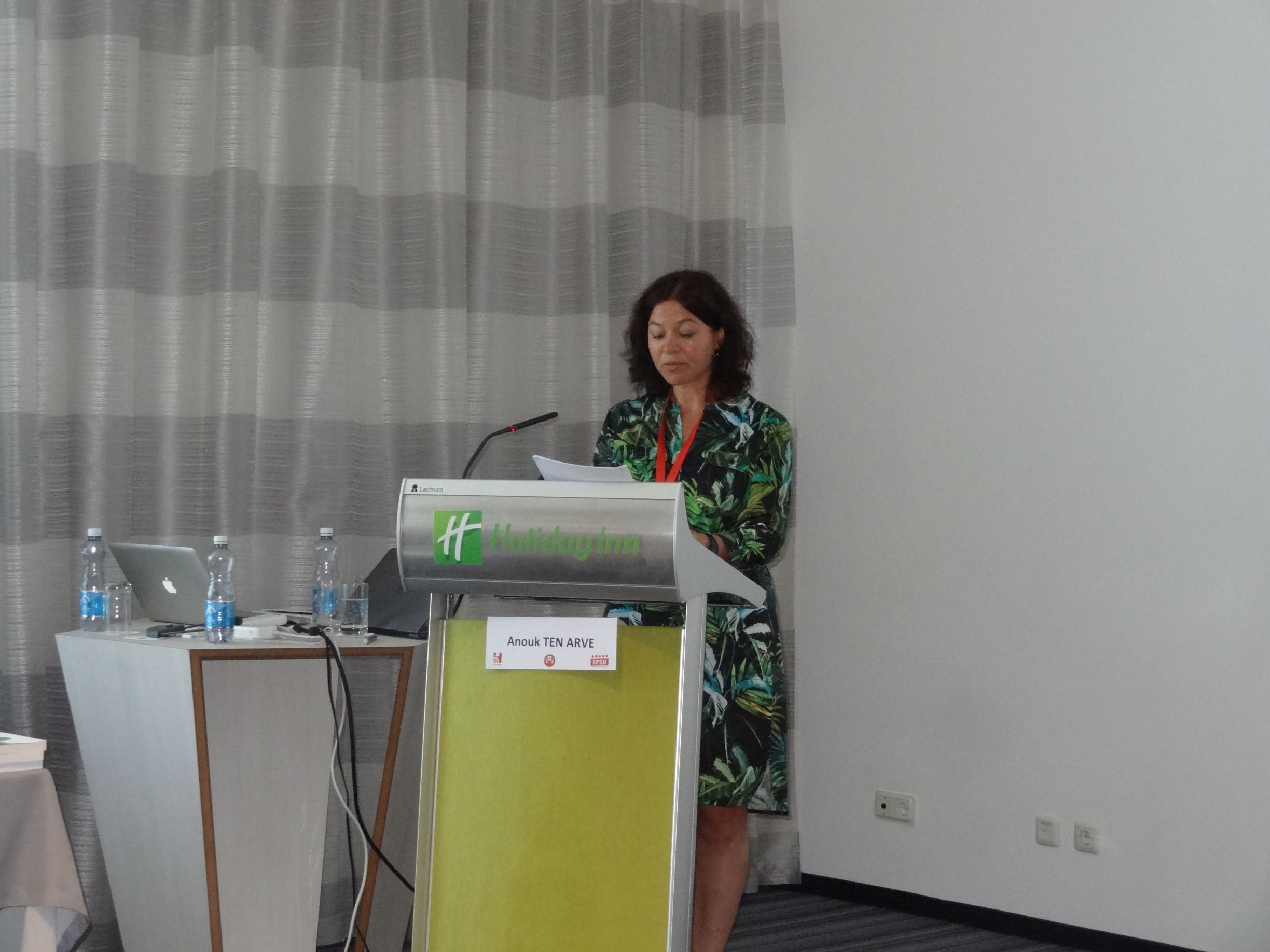
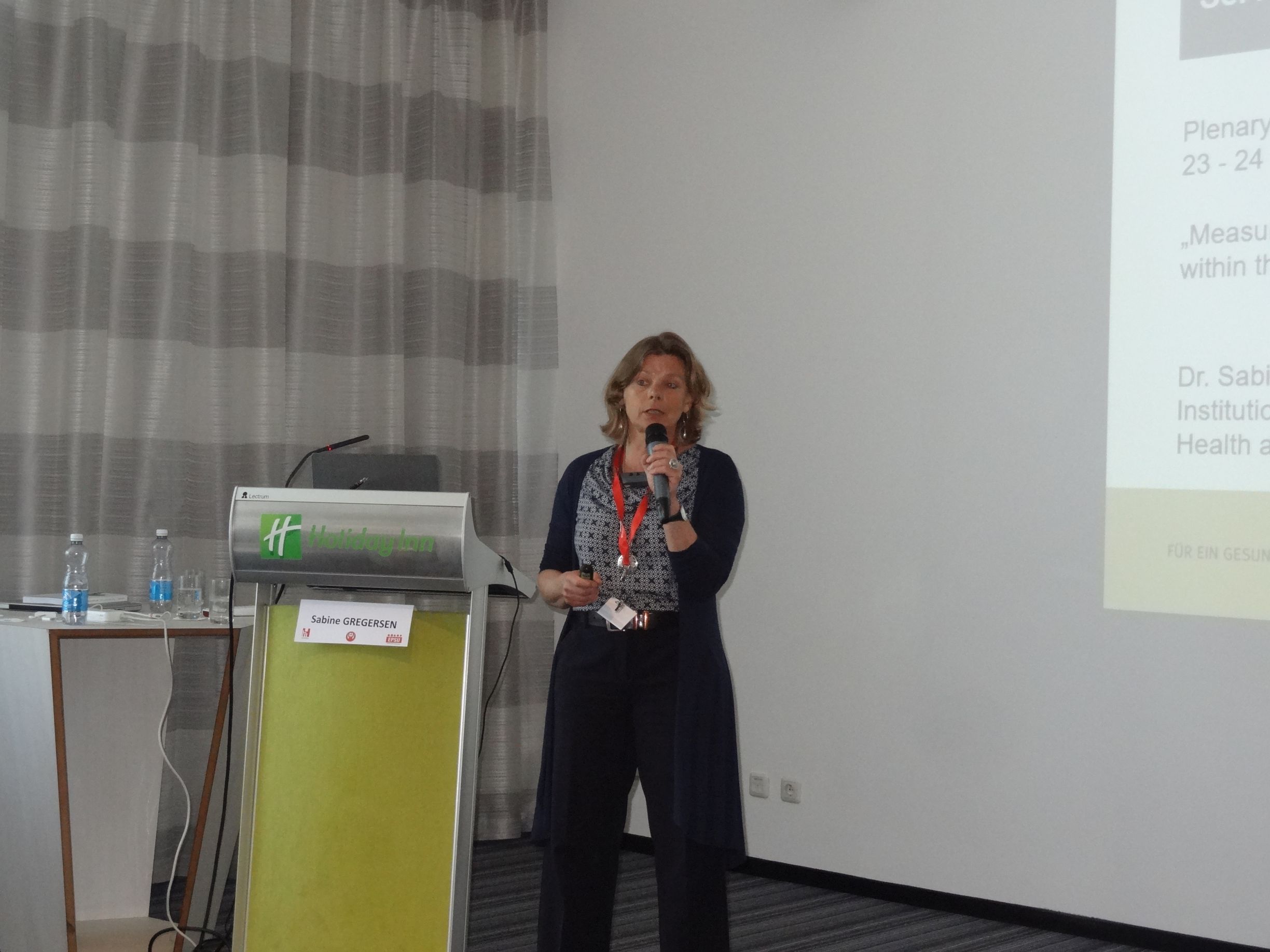
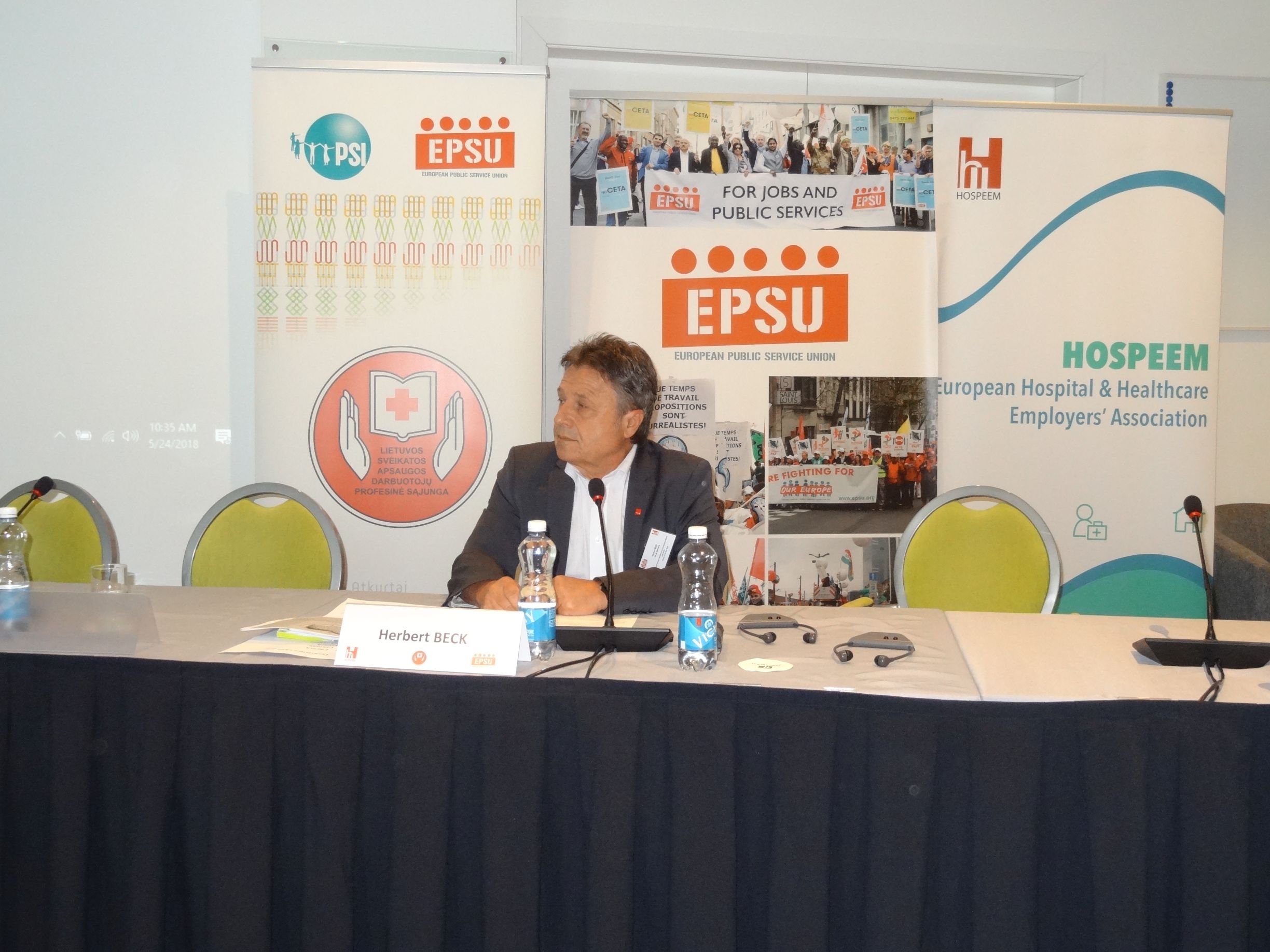
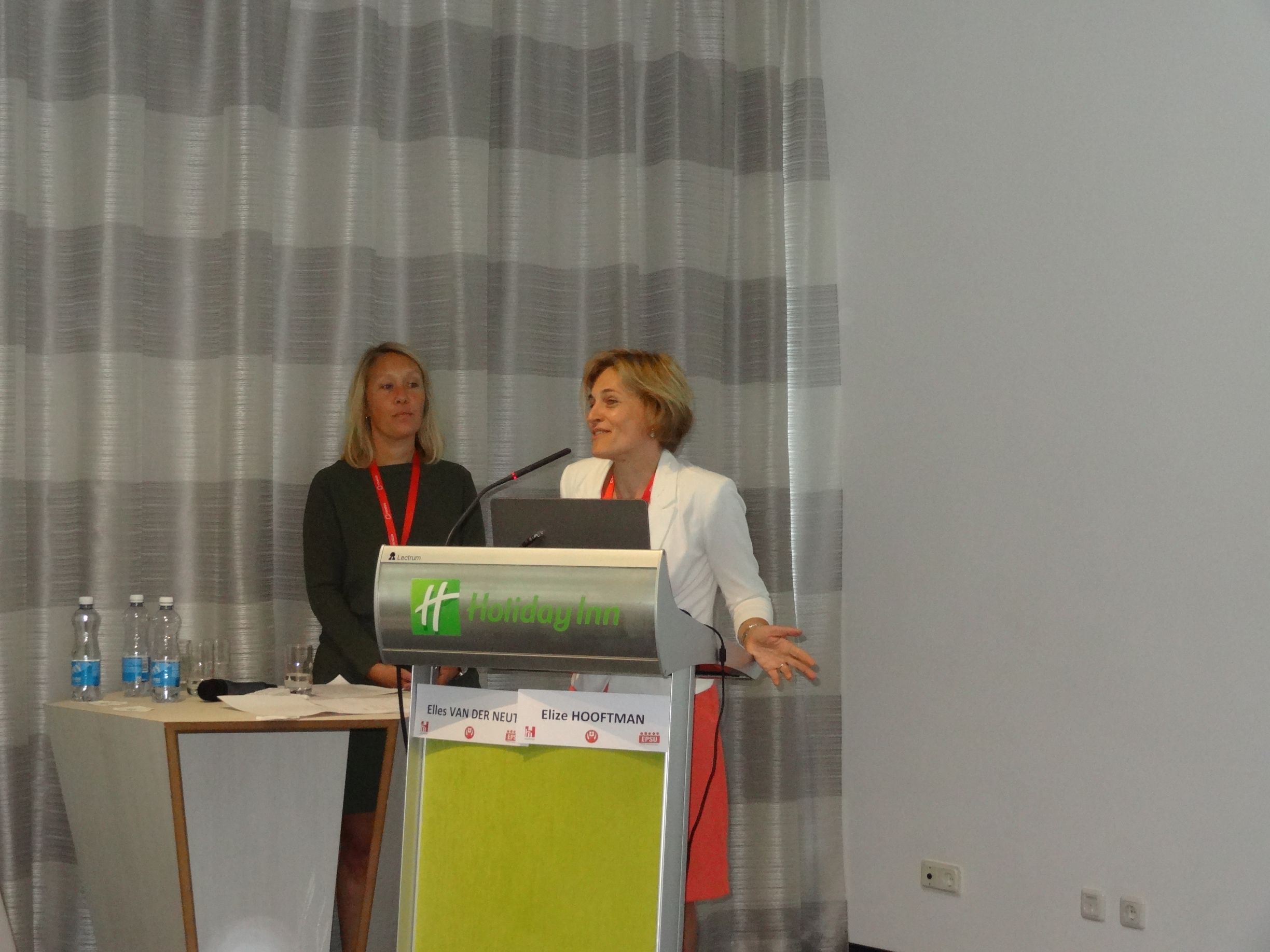
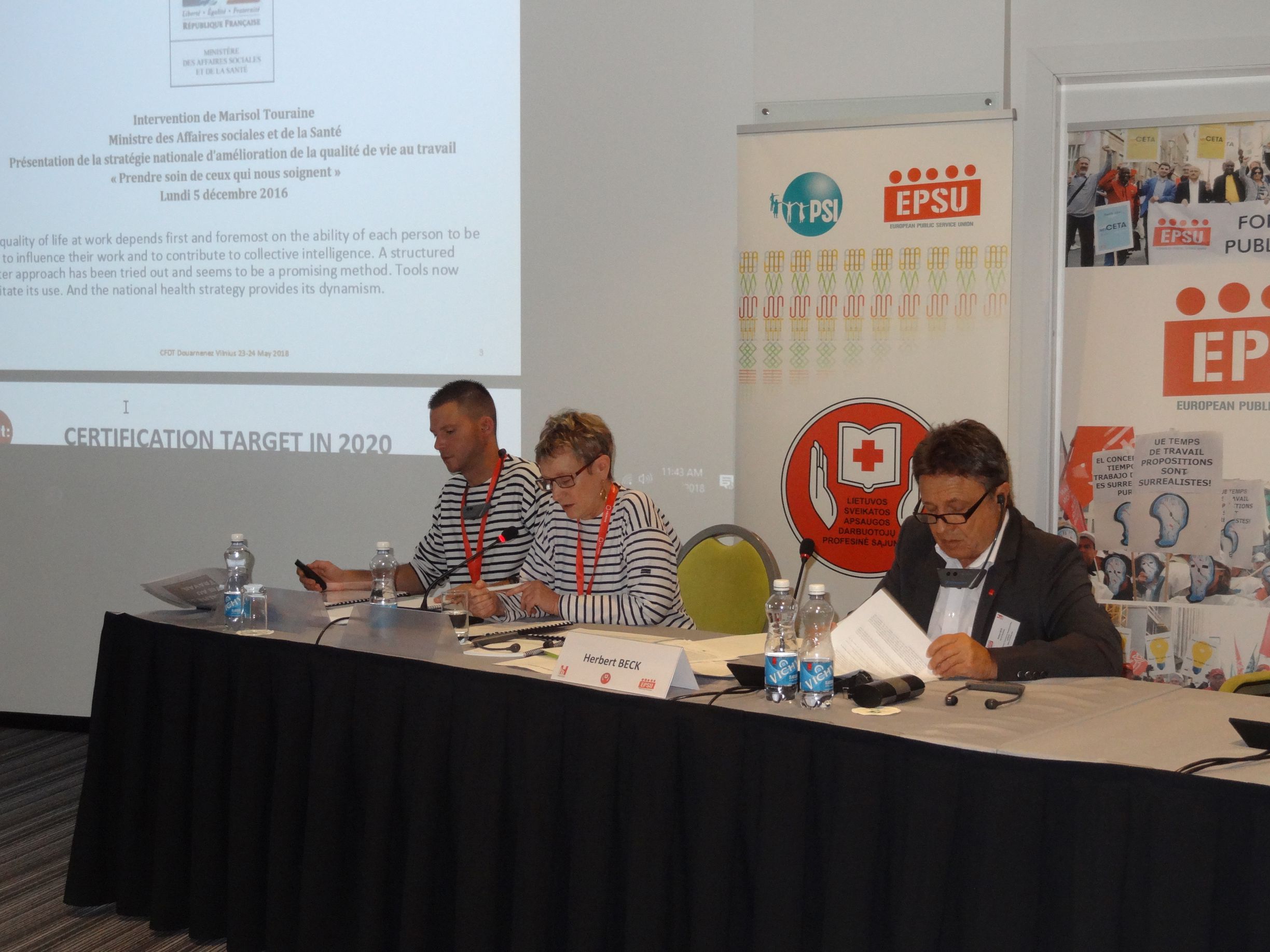
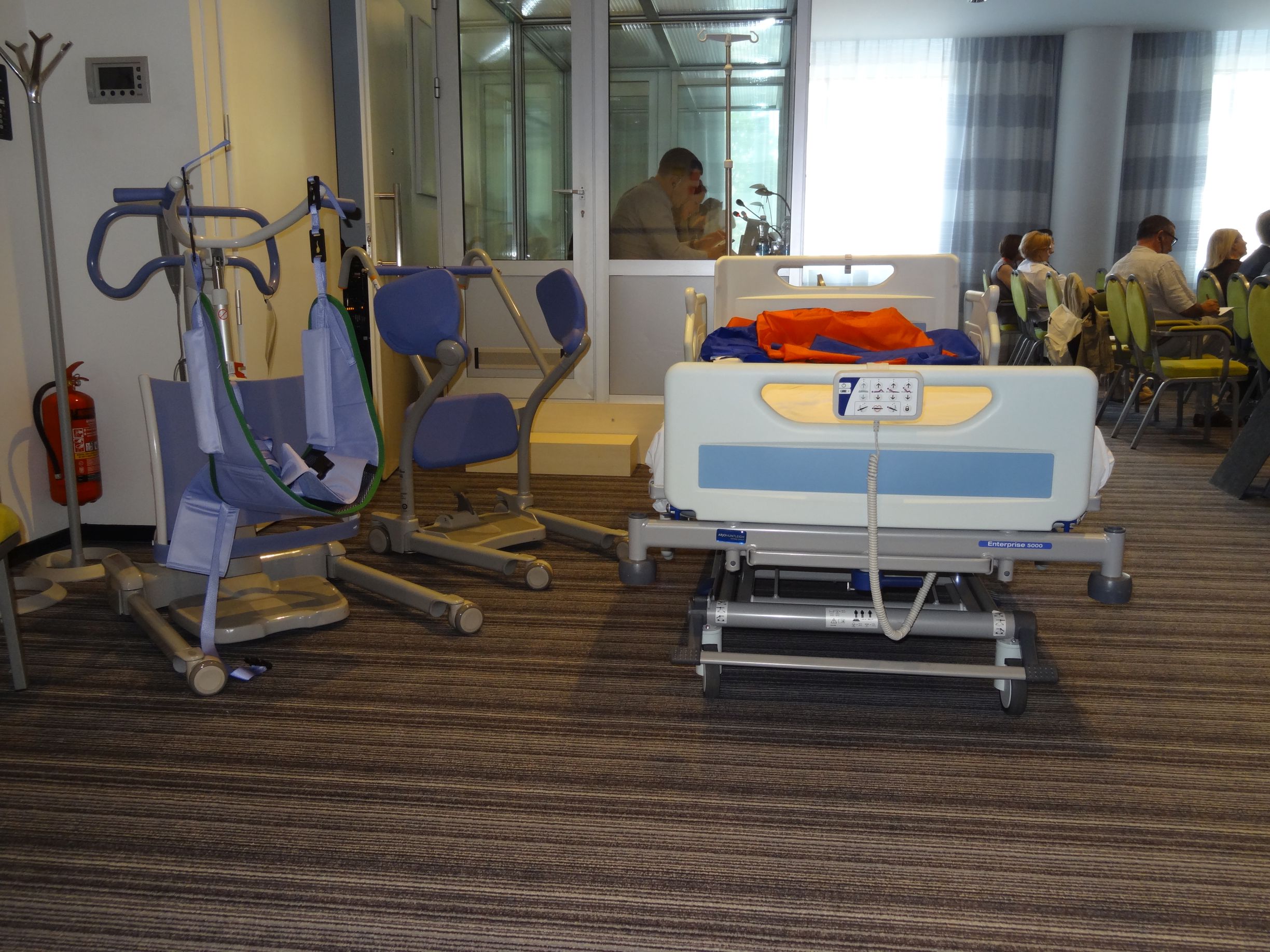
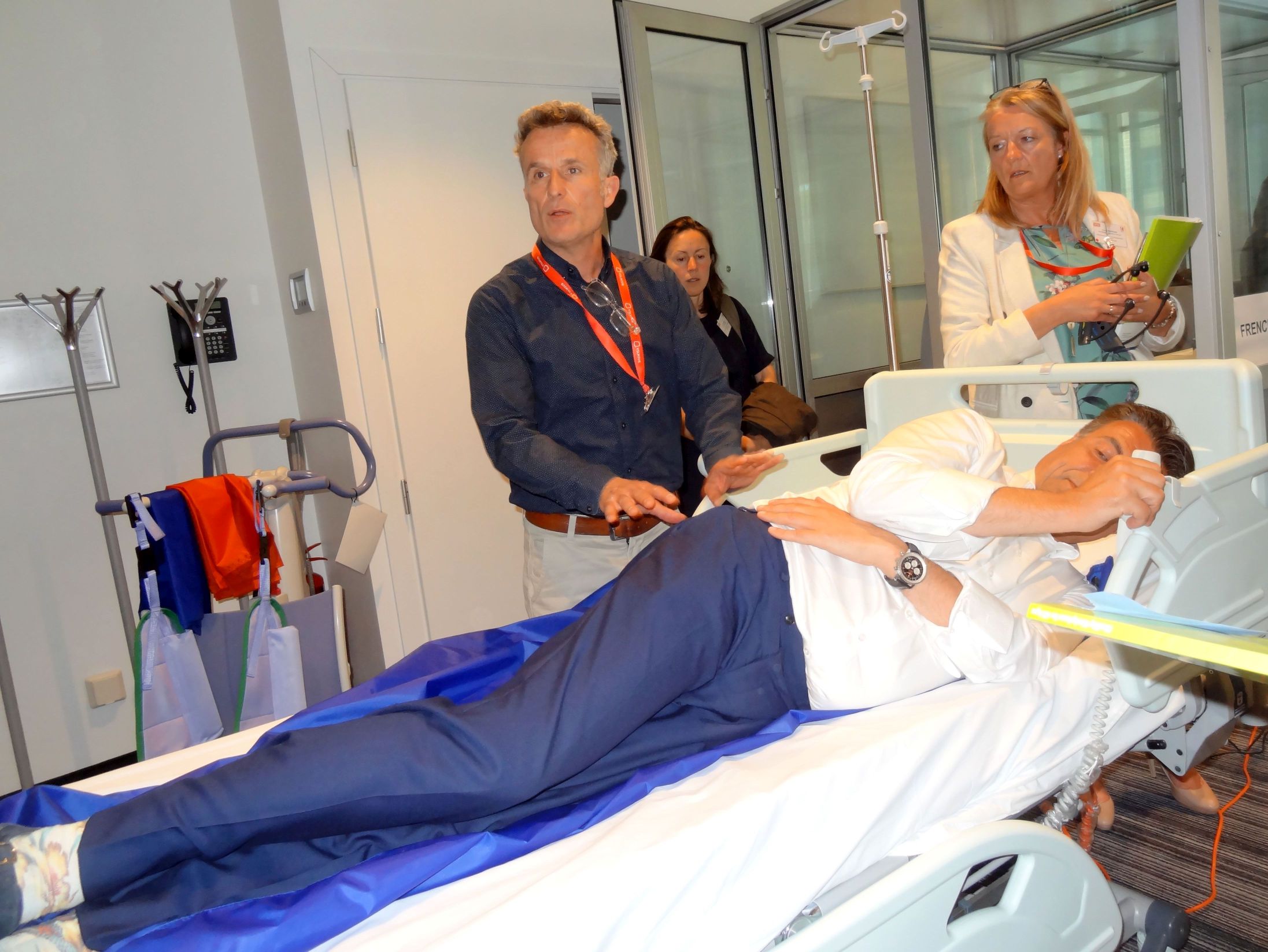
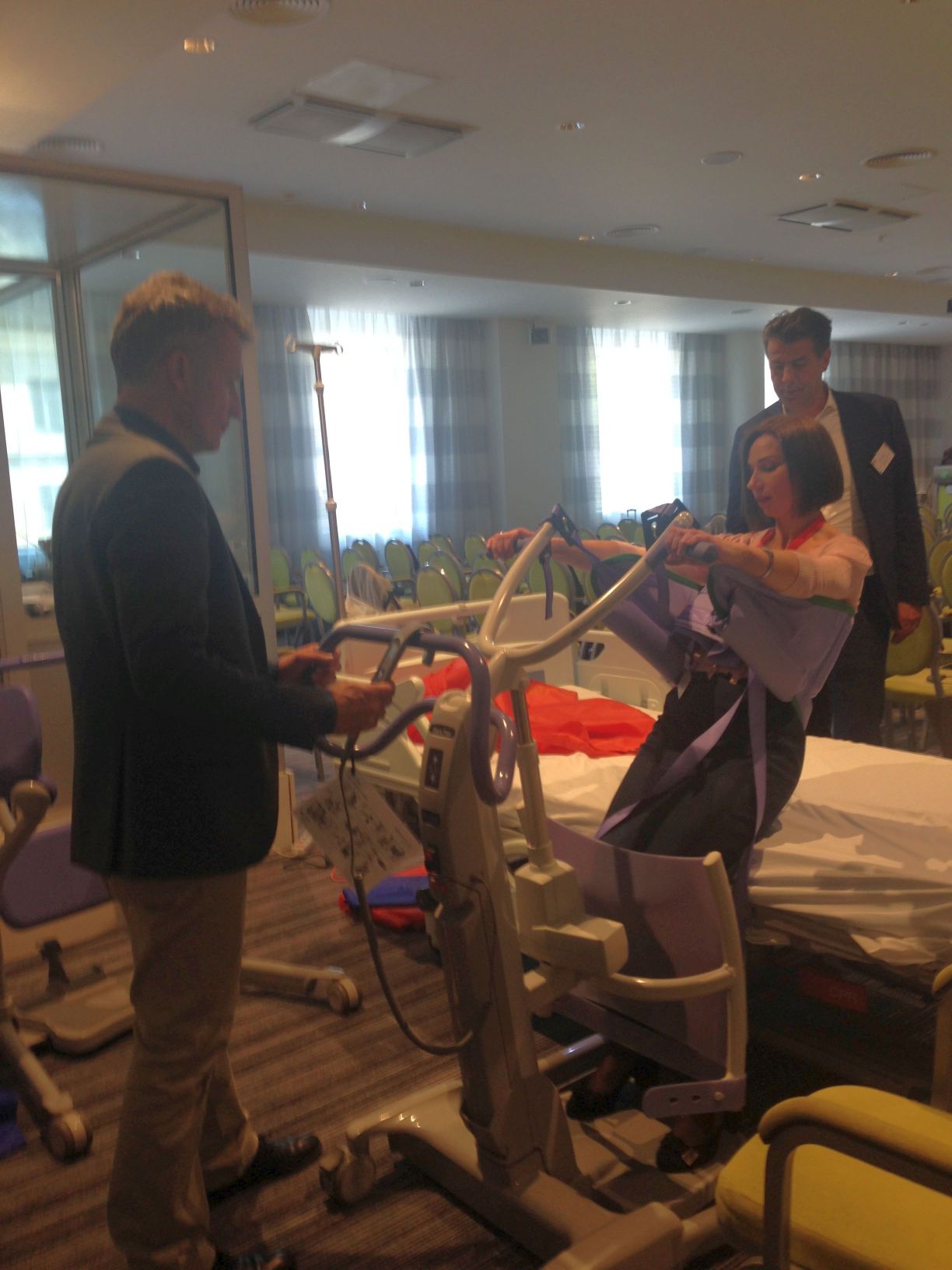
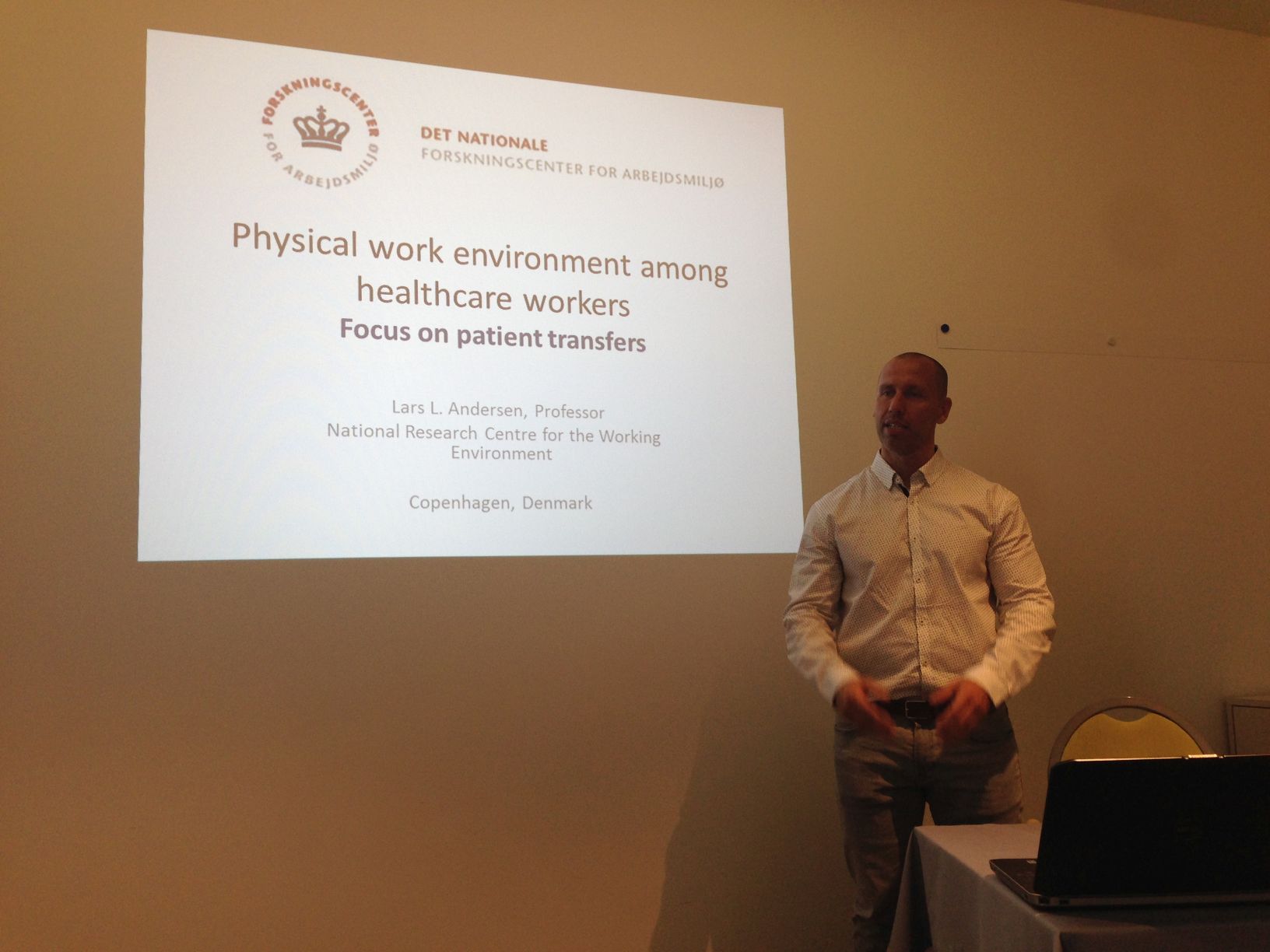
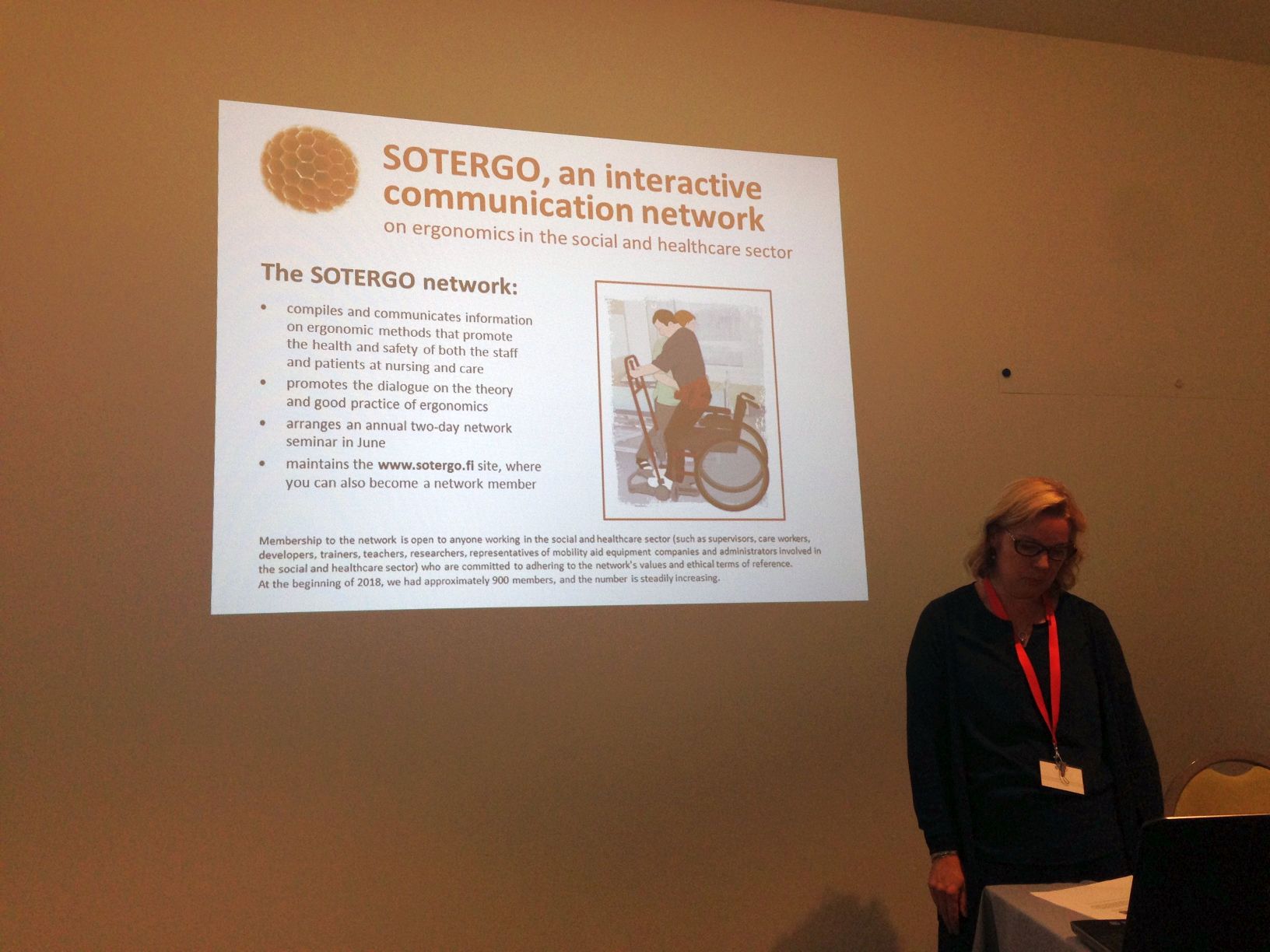
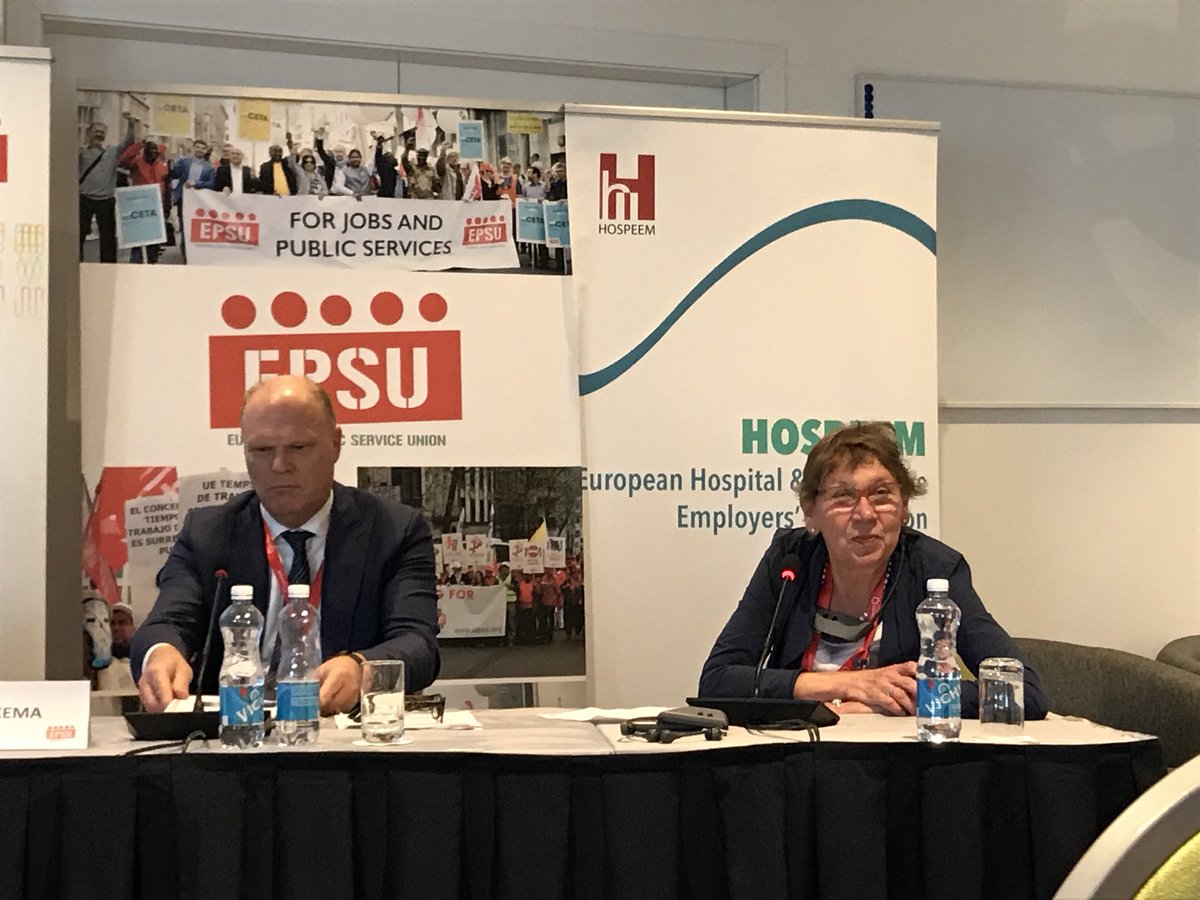

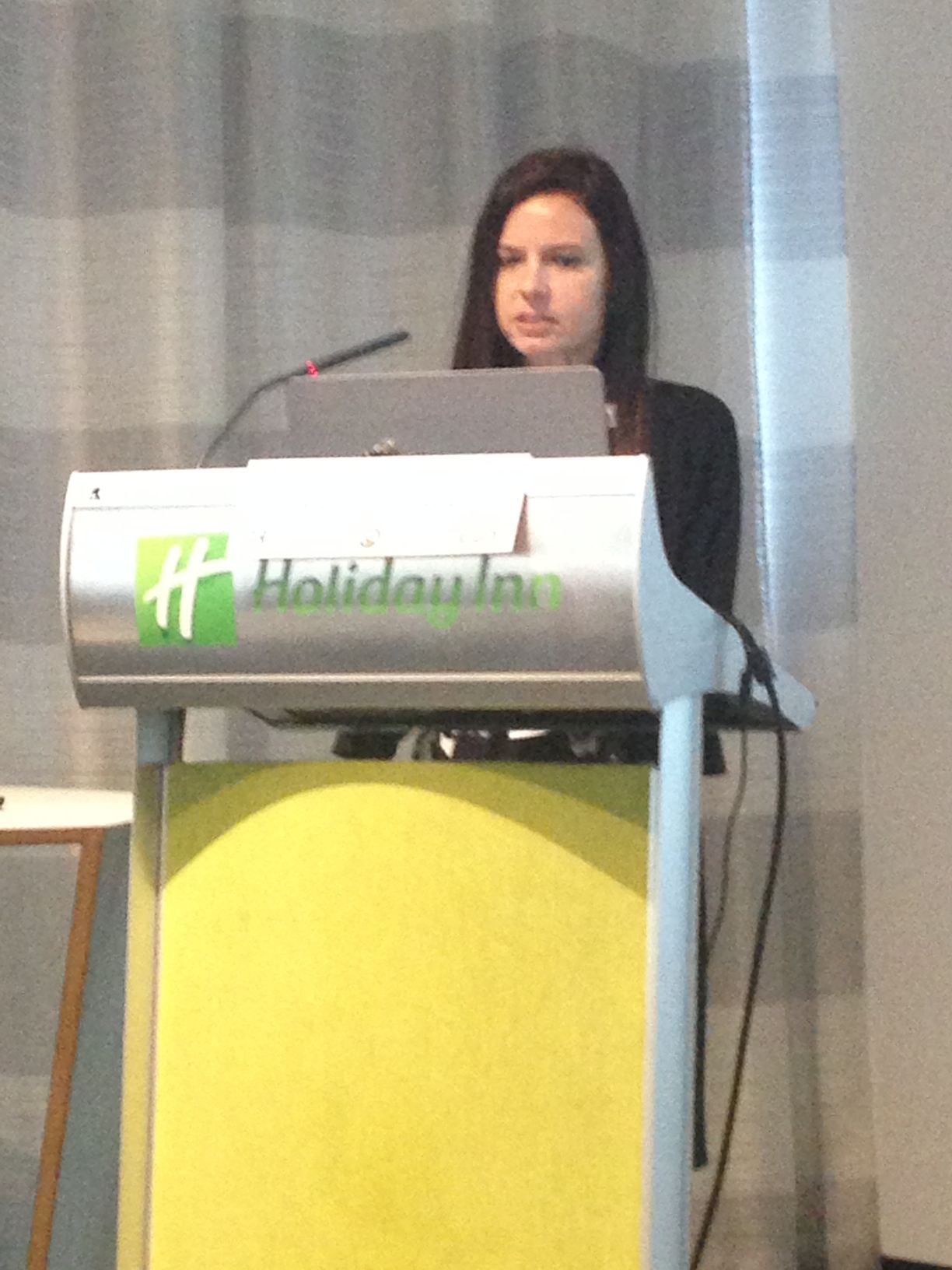
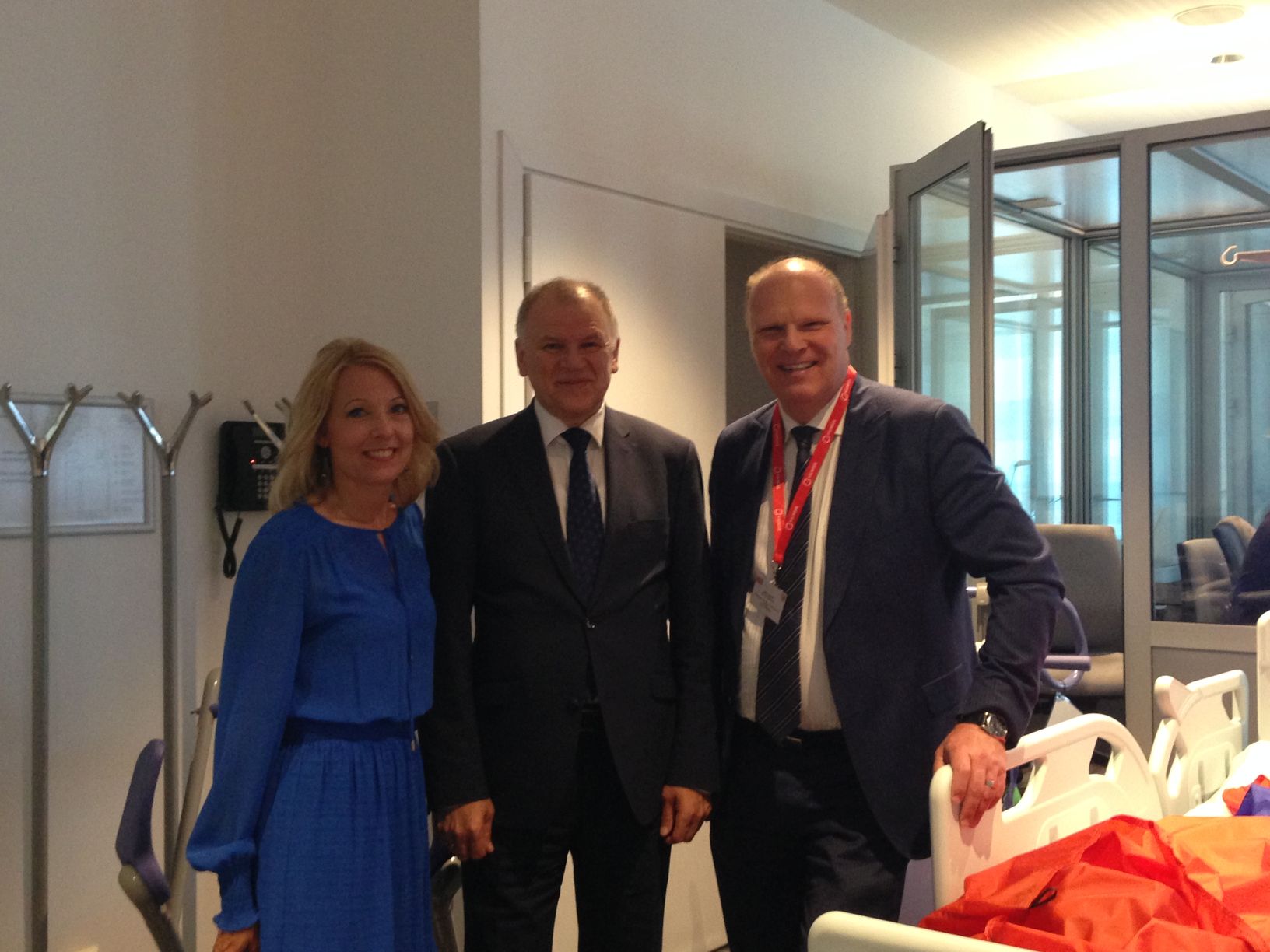
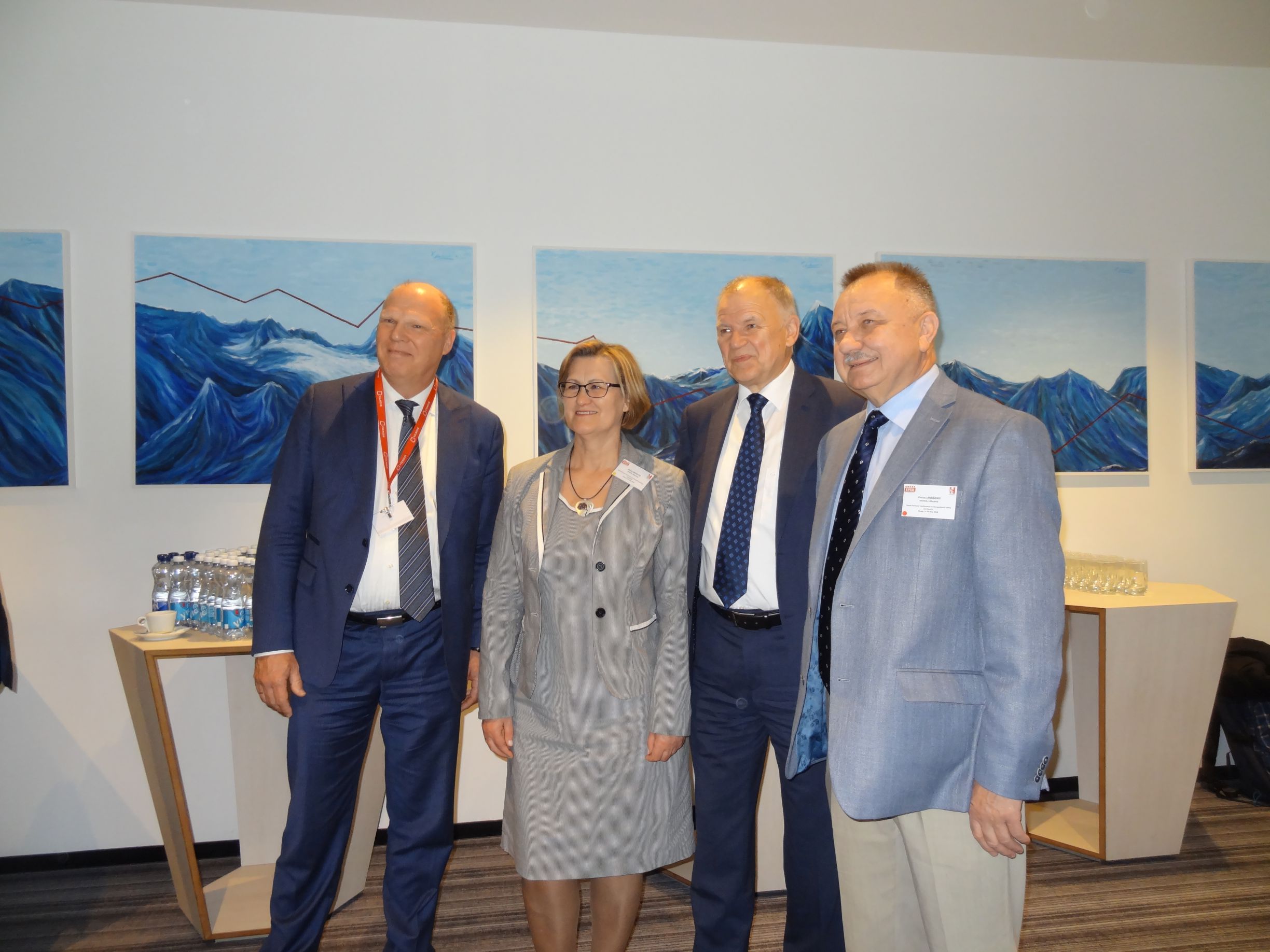
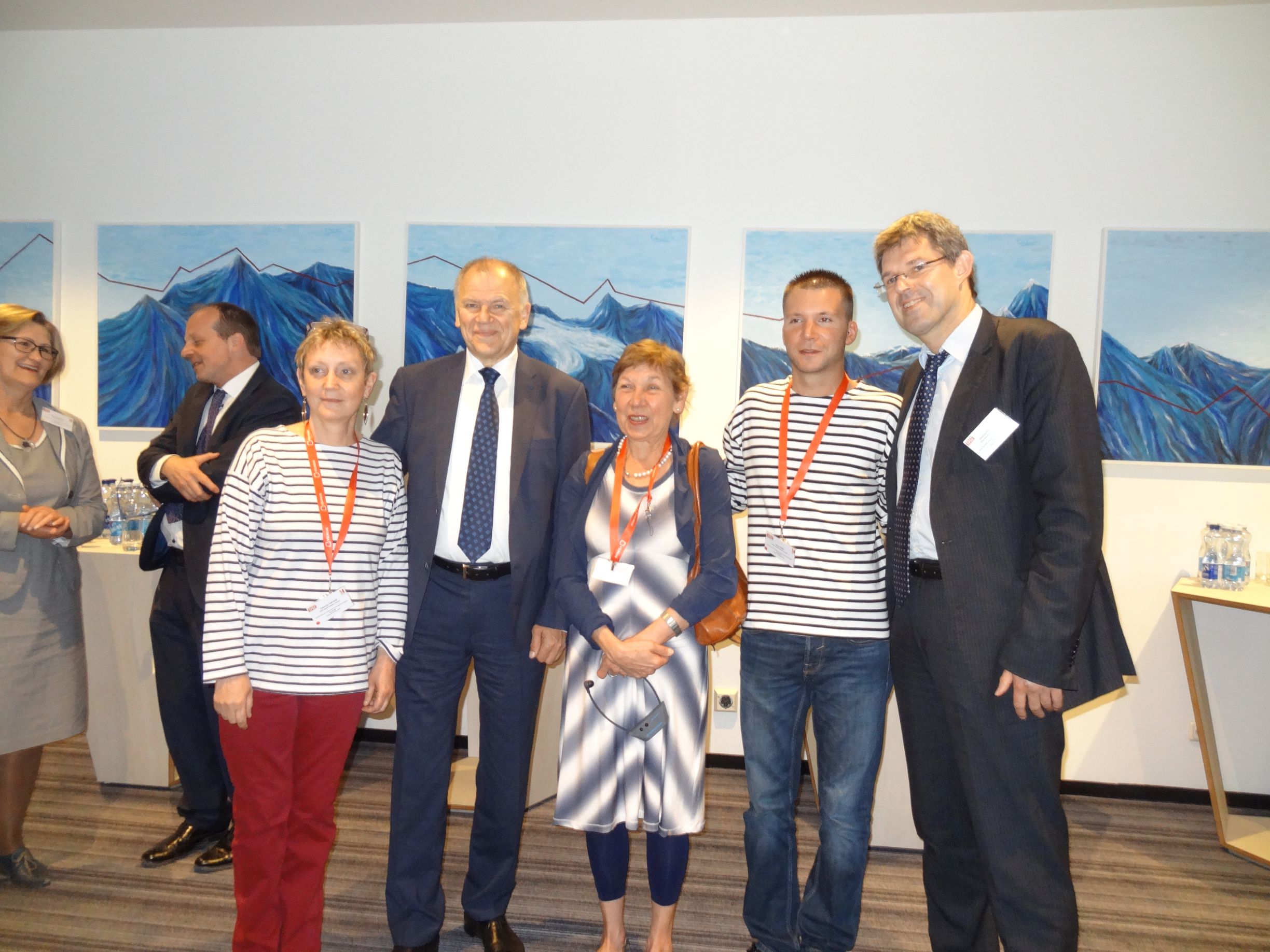
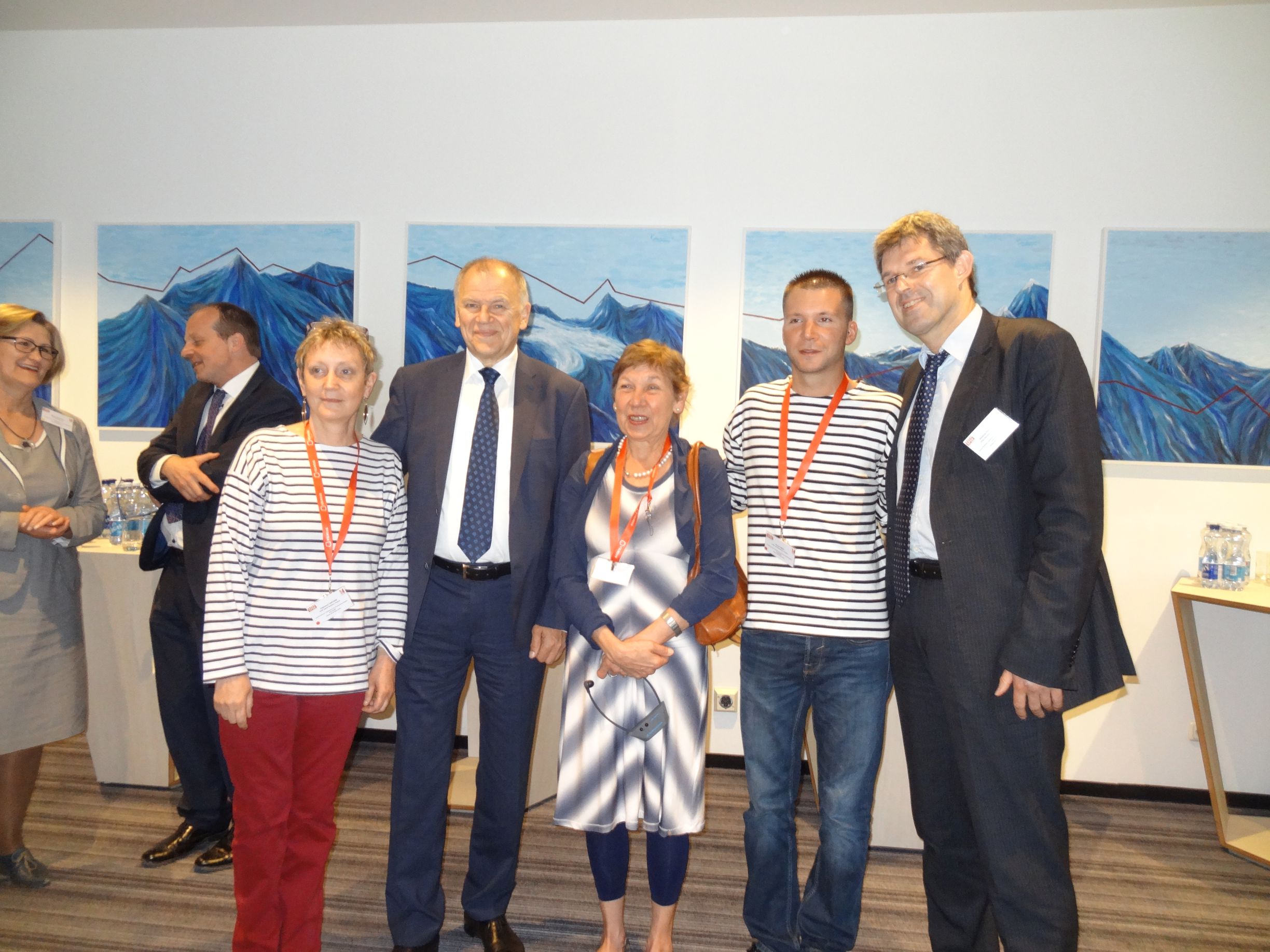

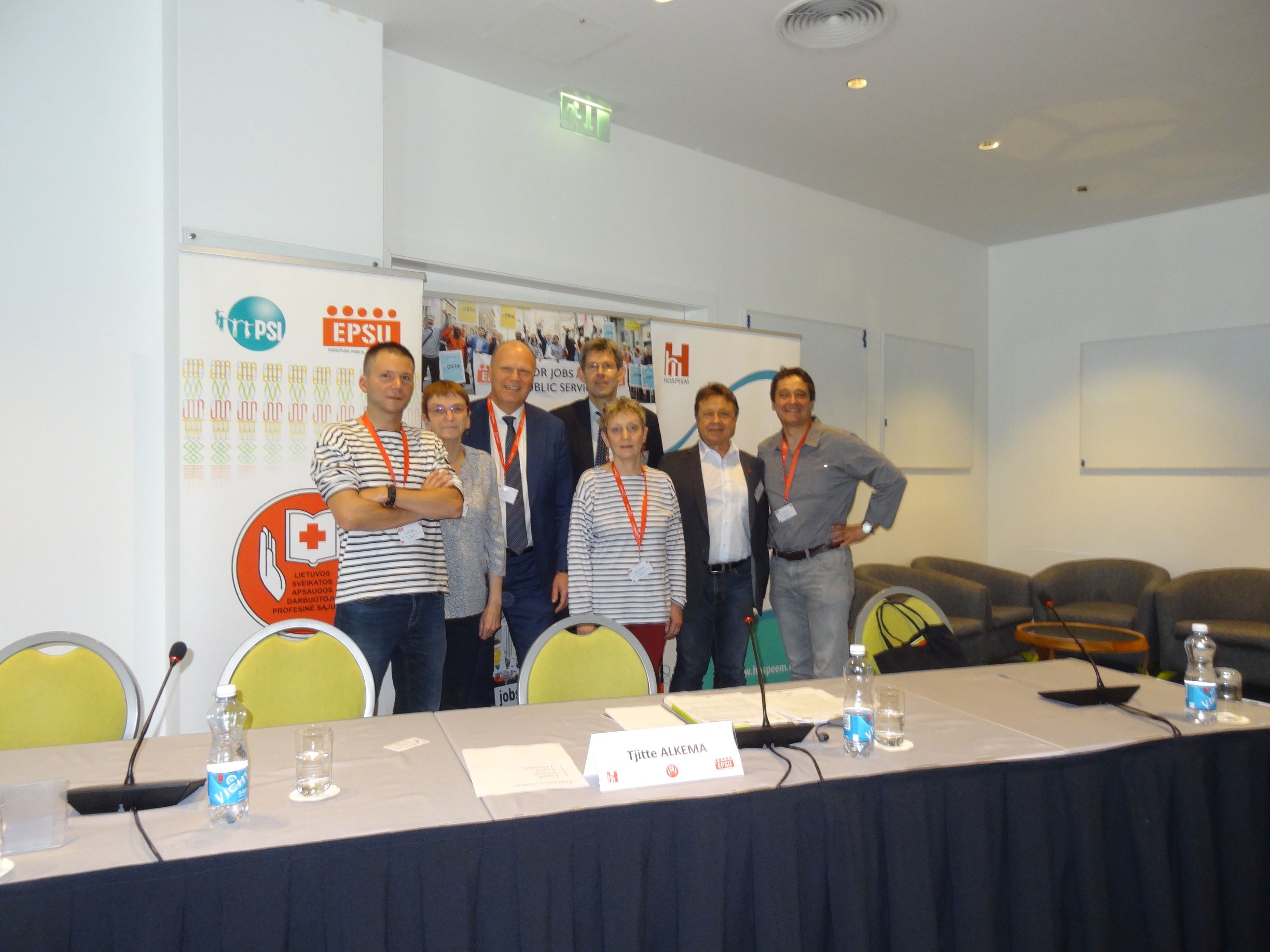
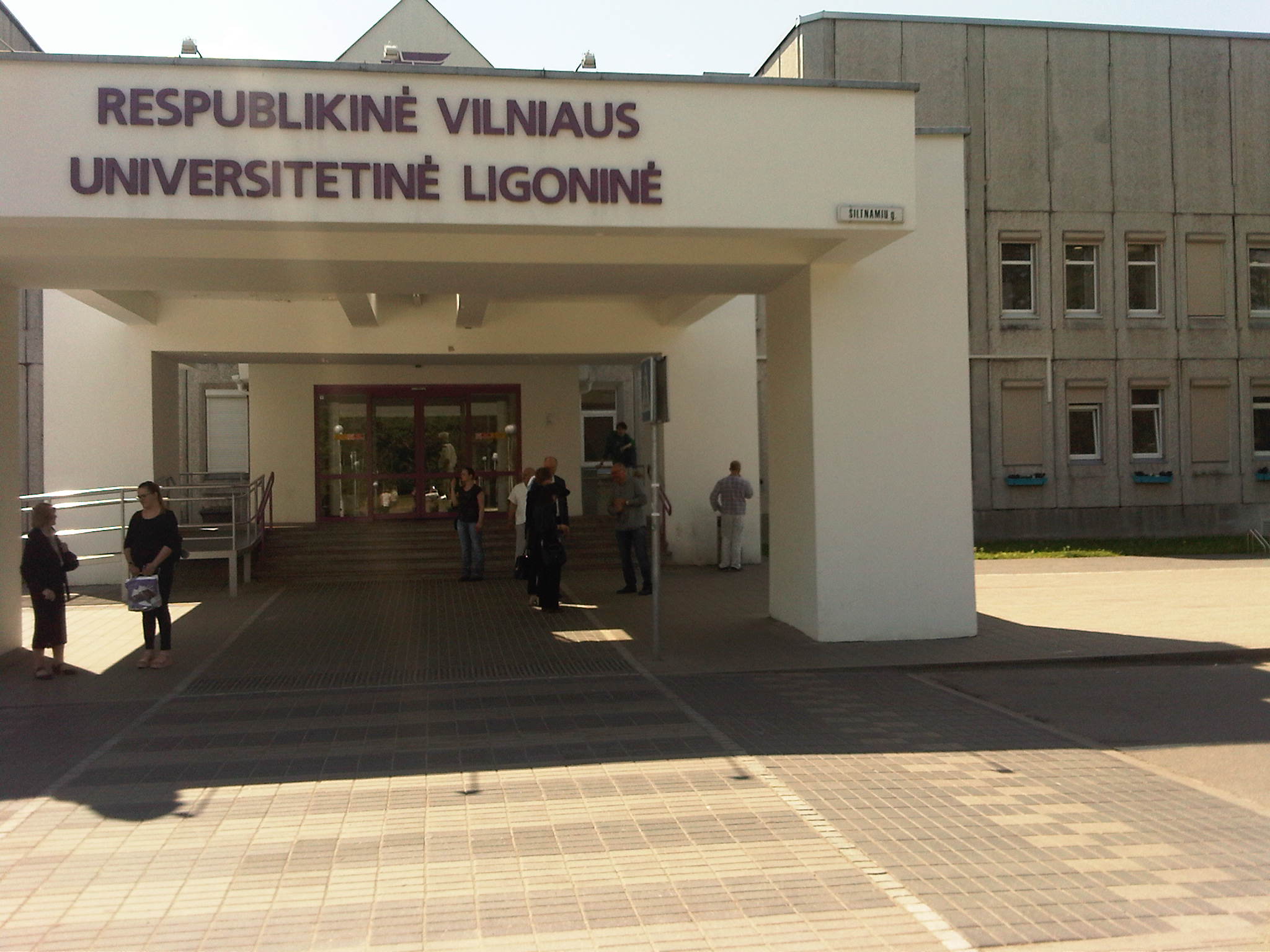
 HOSPEEM visited its Lithuanian member organisation Lithuanian National Association of Healthcare Organizations (NAHCO) on 25 May 2018 in Vilnius. HOSPEEM had the opportunity to visit the Lithuanian Parliament and one hospital, a member of NAHCO, the Republican Vilnius University Hospital in Vilnius. The non-profit hospital is the biggest emergency health care hospital in Lithuania and the second largest hospital in capital Vilnius. At the Parliament, a meeting was arranged with Ms Irena Šiaulienė, Deputy Speaker of the Board of the Seimas [the Lithuanian Parliament] and Member of the Lithuanian Parliament. The meeting was also attended by Antanas Vinkus, Member of the Lithuanian Parliament, former Deputy Minister of the Ministry of Social Security and Labour of the Republic of Lithuania and former Ambassador of Lithuania to Russia, Estonia and Latvia as well as Prof. Dr. Vinsas Janušonis, President of Lithuanian National Association of Healthcare Organizations and Dr. Vidmantas Žegunis. The visit at the Parliament provided the opportunity to discuss among others the migration and fair recruitment of health professionals and the 100-year anniversary of Lithuania.
HOSPEEM visited its Lithuanian member organisation Lithuanian National Association of Healthcare Organizations (NAHCO) on 25 May 2018 in Vilnius. HOSPEEM had the opportunity to visit the Lithuanian Parliament and one hospital, a member of NAHCO, the Republican Vilnius University Hospital in Vilnius. The non-profit hospital is the biggest emergency health care hospital in Lithuania and the second largest hospital in capital Vilnius. At the Parliament, a meeting was arranged with Ms Irena Šiaulienė, Deputy Speaker of the Board of the Seimas [the Lithuanian Parliament] and Member of the Lithuanian Parliament. The meeting was also attended by Antanas Vinkus, Member of the Lithuanian Parliament, former Deputy Minister of the Ministry of Social Security and Labour of the Republic of Lithuania and former Ambassador of Lithuania to Russia, Estonia and Latvia as well as Prof. Dr. Vinsas Janušonis, President of Lithuanian National Association of Healthcare Organizations and Dr. Vidmantas Žegunis. The visit at the Parliament provided the opportunity to discuss among others the migration and fair recruitment of health professionals and the 100-year anniversary of Lithuania.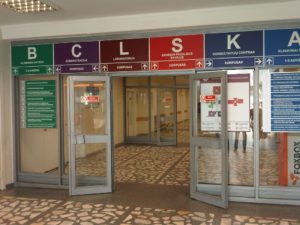 opportunity to exchange good practices from Lithuania and other HOSPEEM members. HOSPEEM would like to express its sincere thanks to Sigitas Griskonis, Lithuanian National Association of Healthcare Organizations, the representatives of the Lithuanian Parliament and the staff of the hospitals for the warm welcome and the enriching and fruitful exchange.
opportunity to exchange good practices from Lithuania and other HOSPEEM members. HOSPEEM would like to express its sincere thanks to Sigitas Griskonis, Lithuanian National Association of Healthcare Organizations, the representatives of the Lithuanian Parliament and the staff of the hospitals for the warm welcome and the enriching and fruitful exchange.
Recent Comments